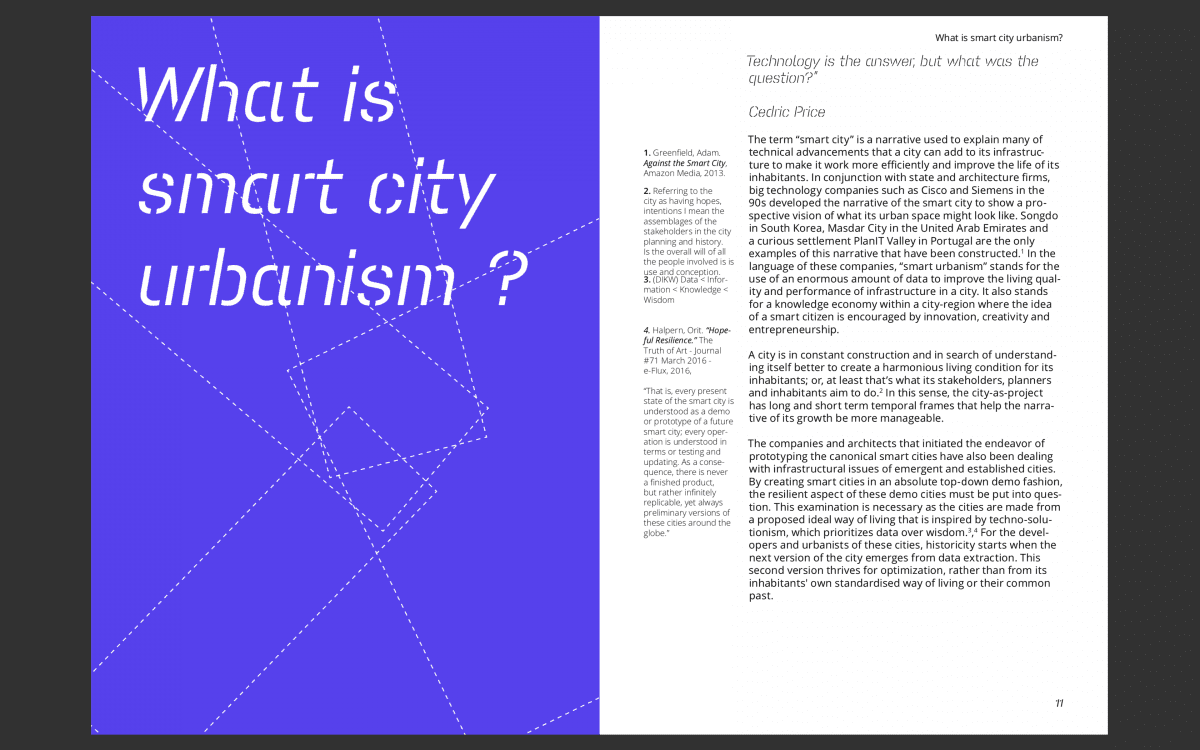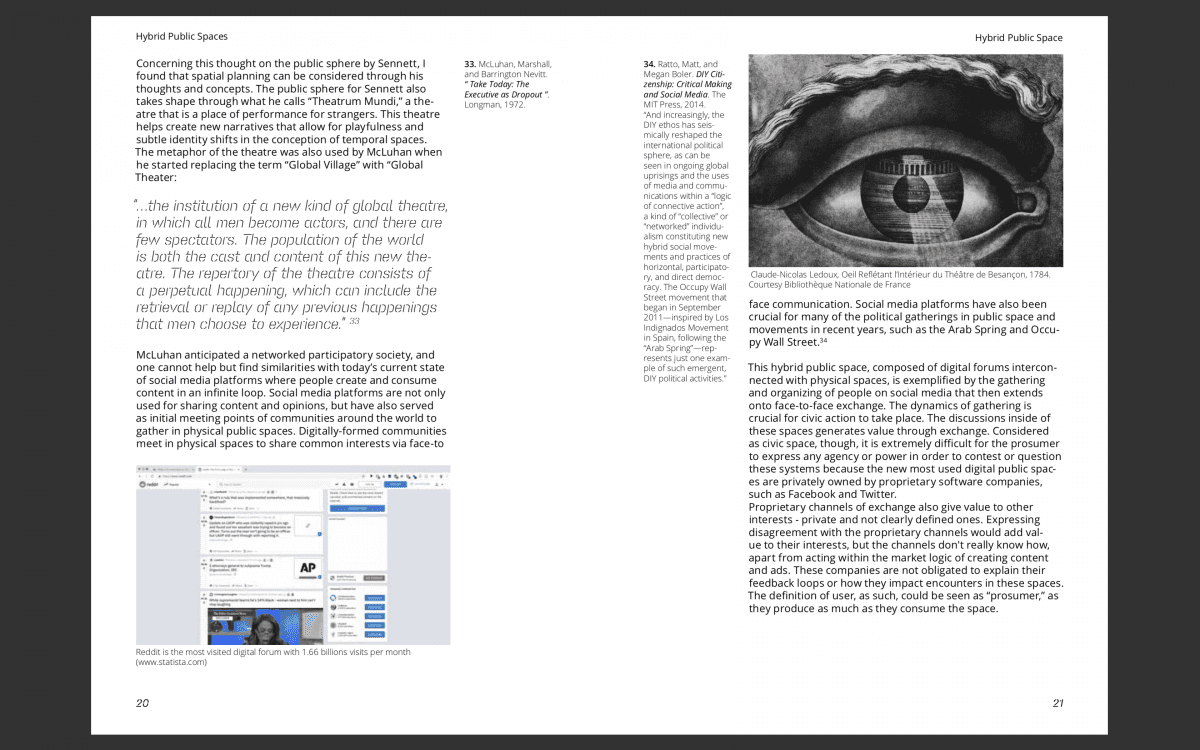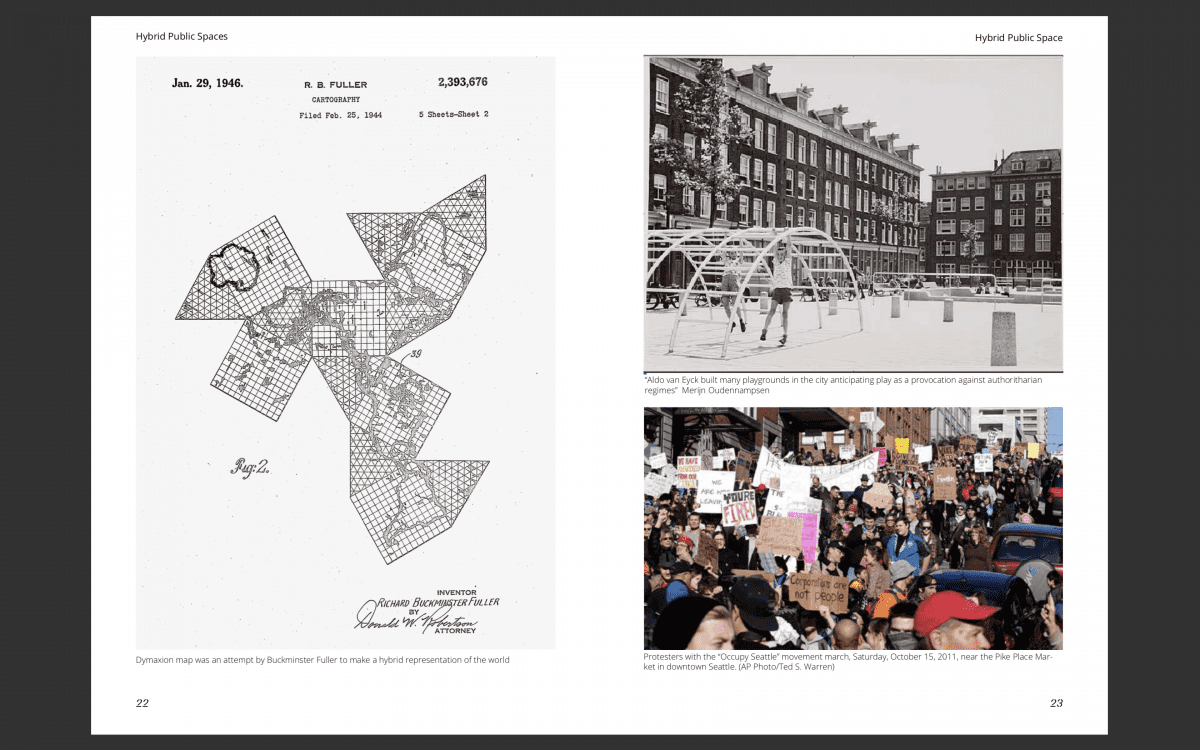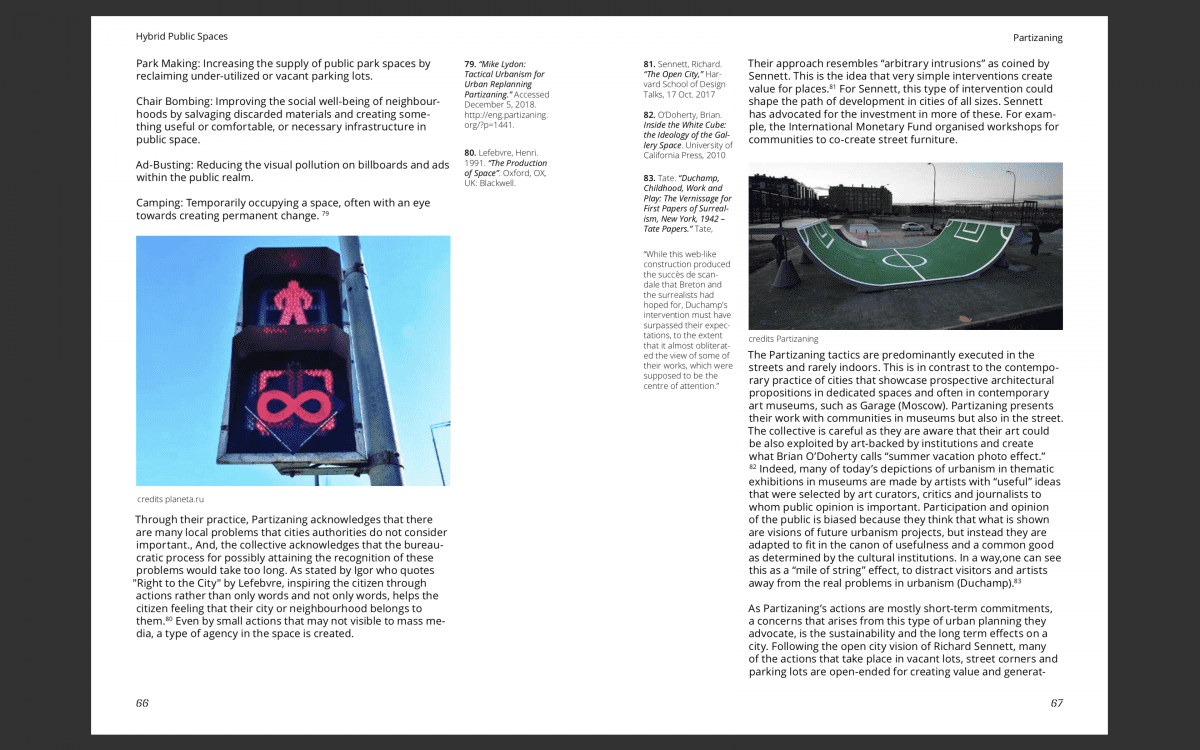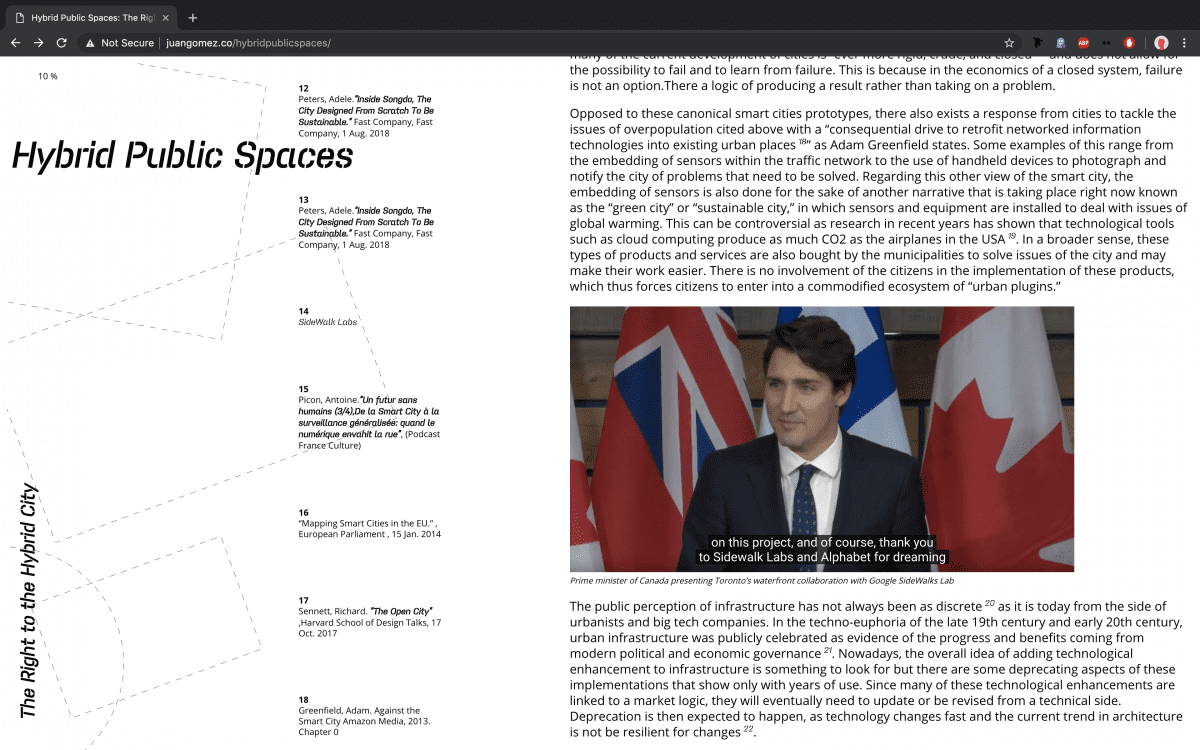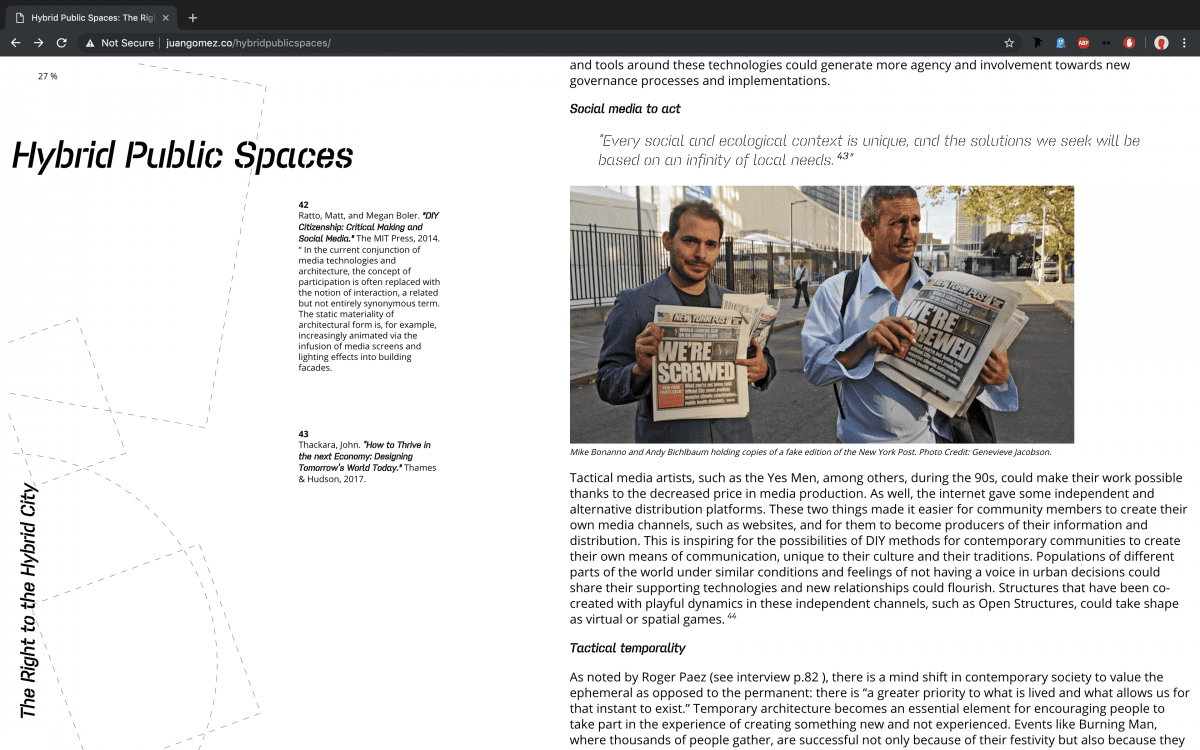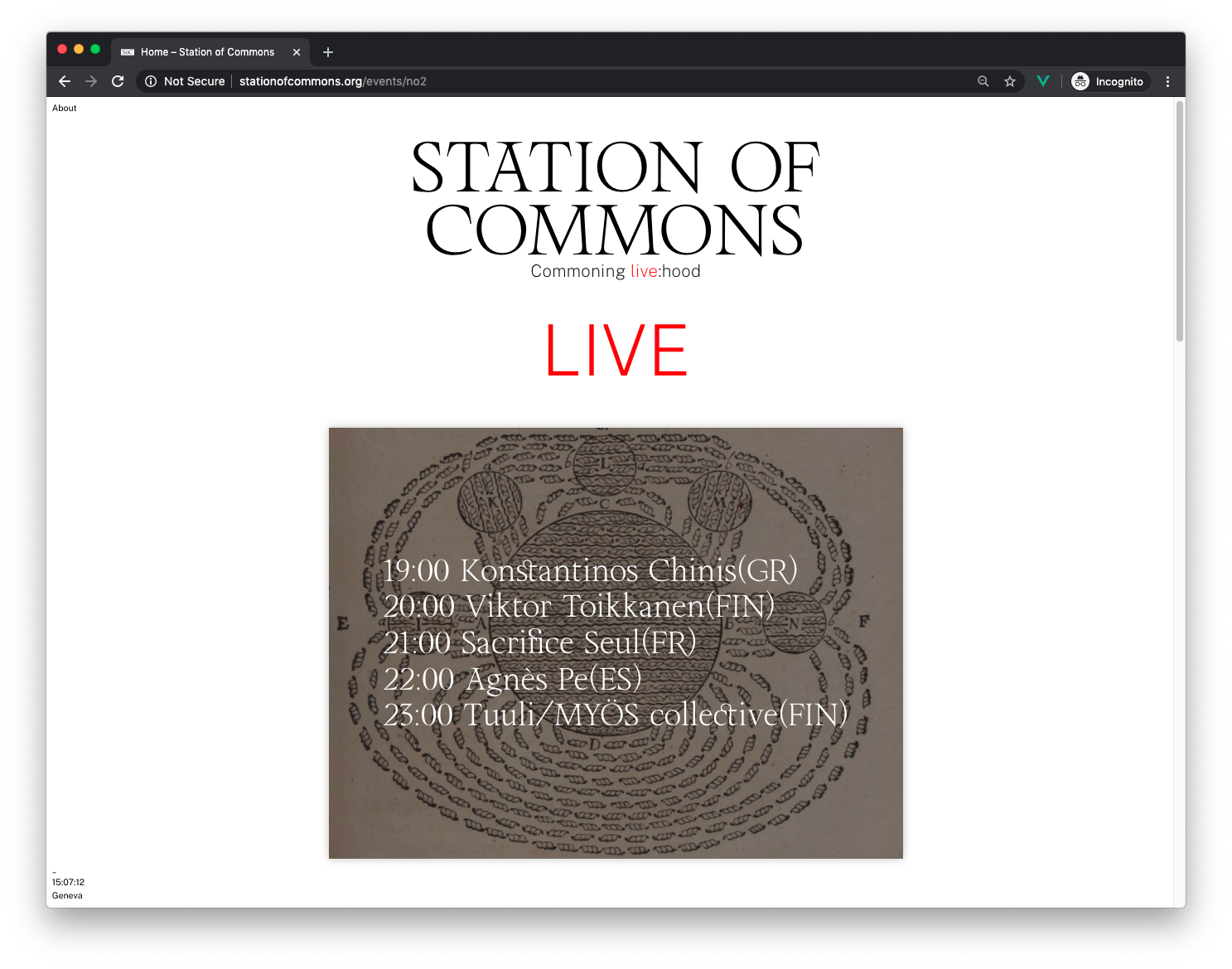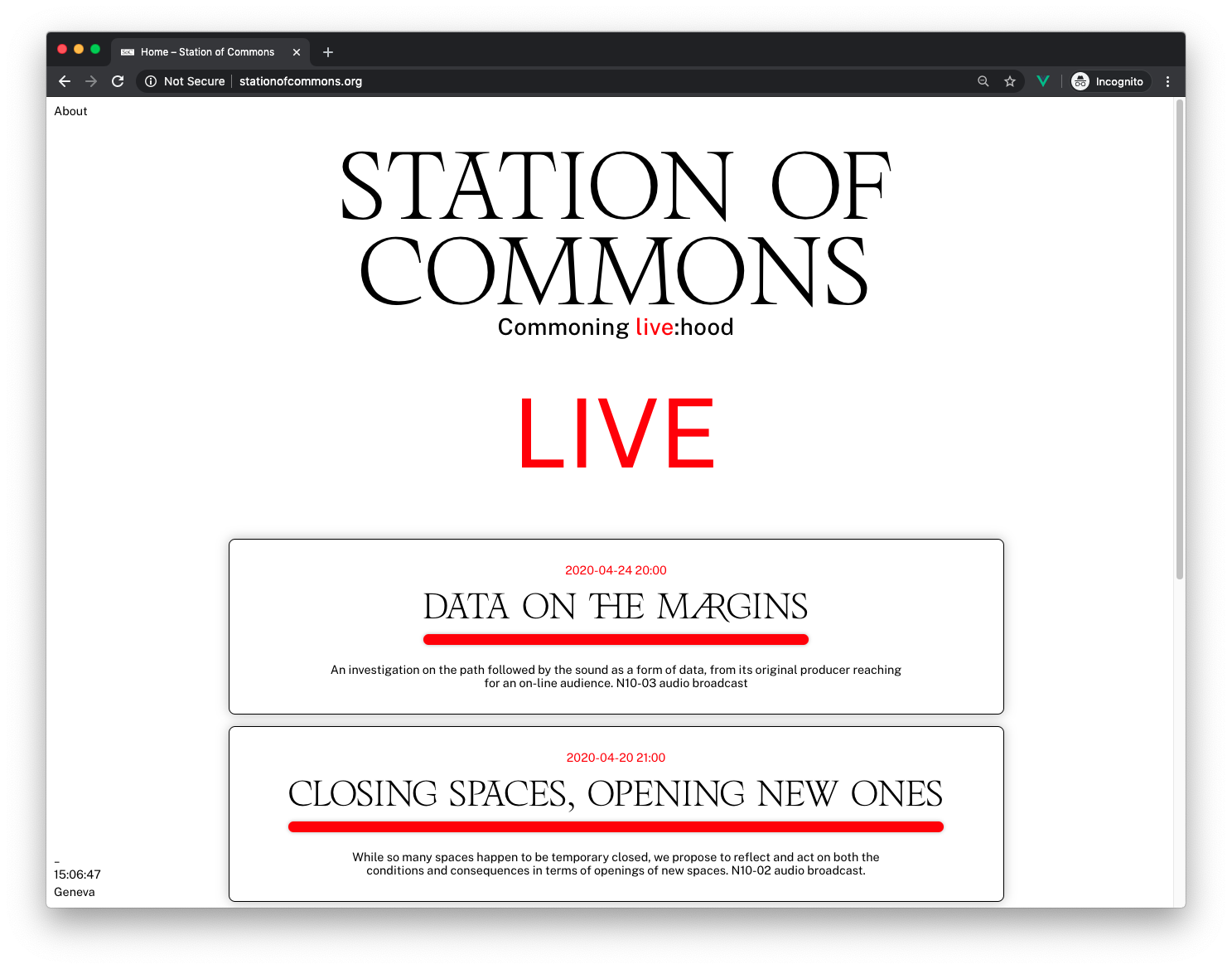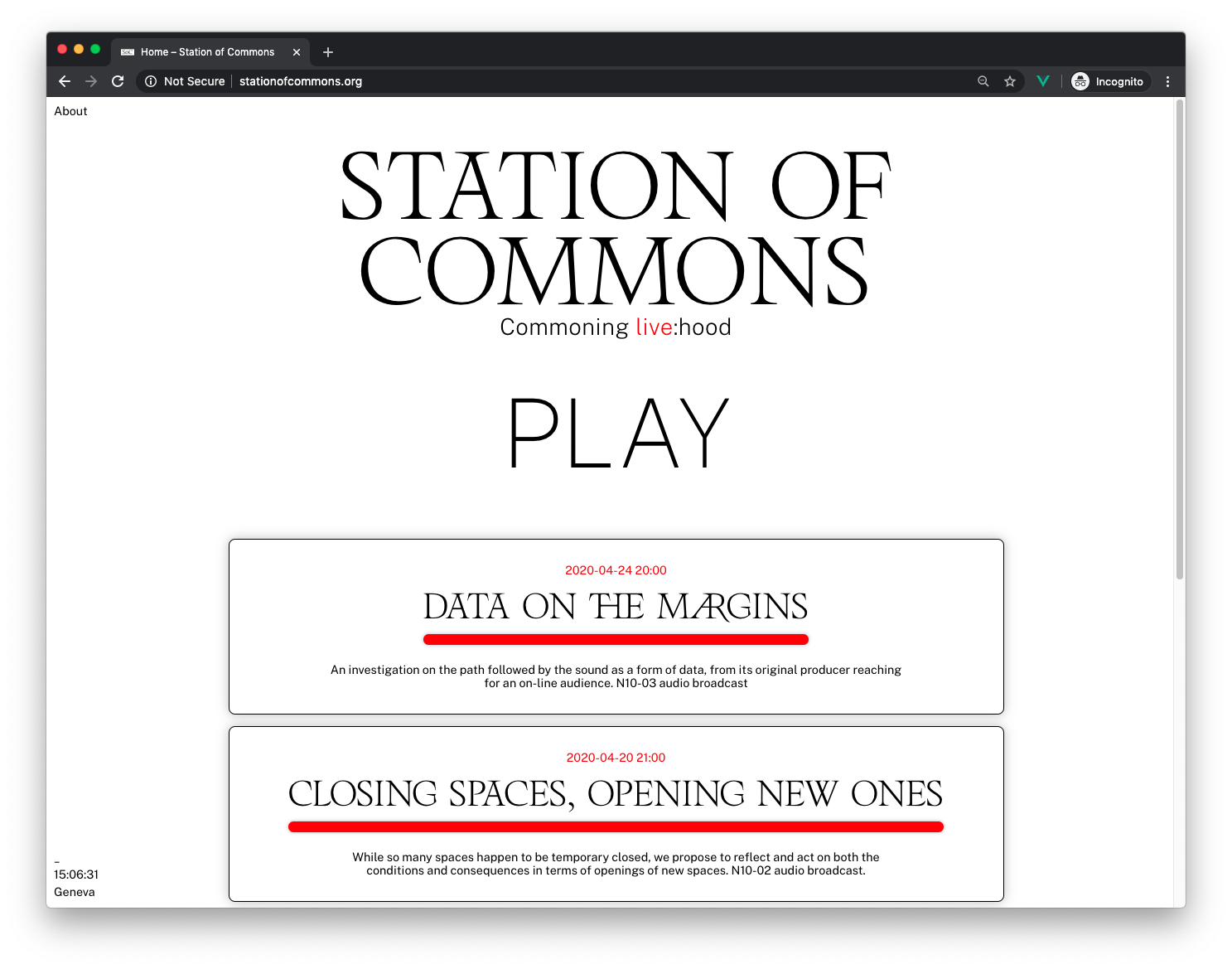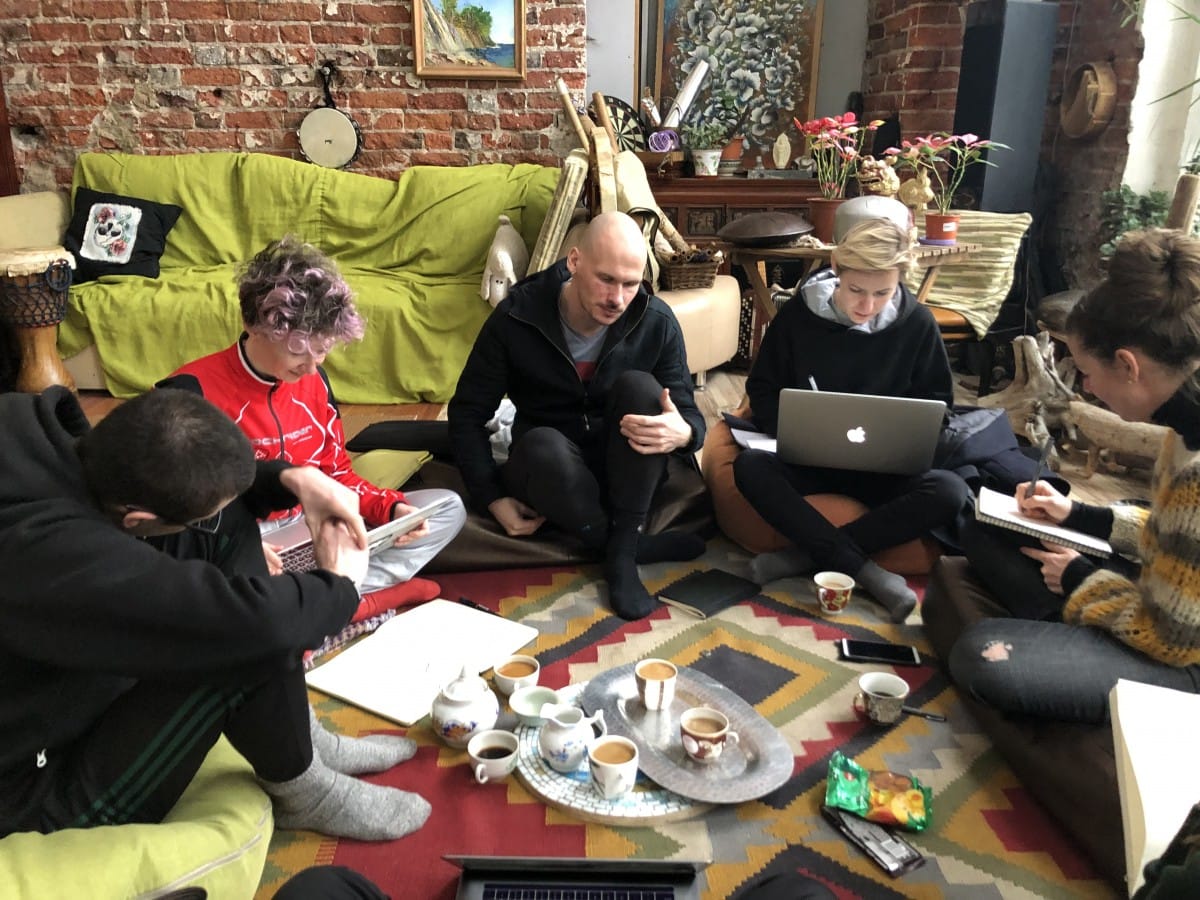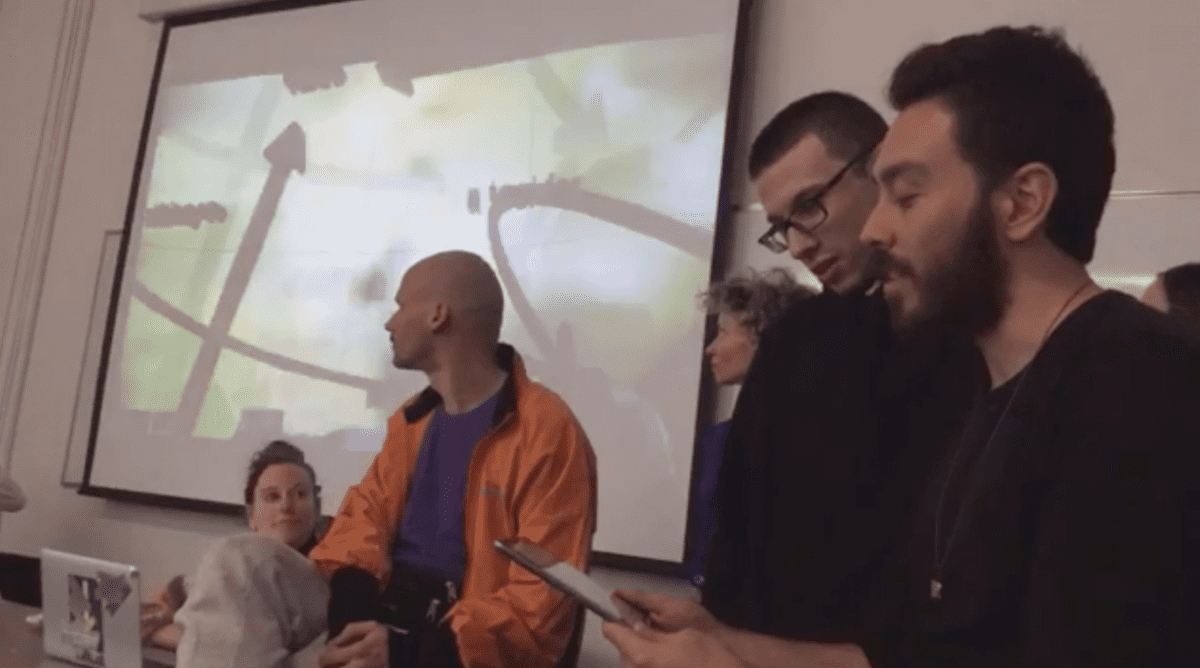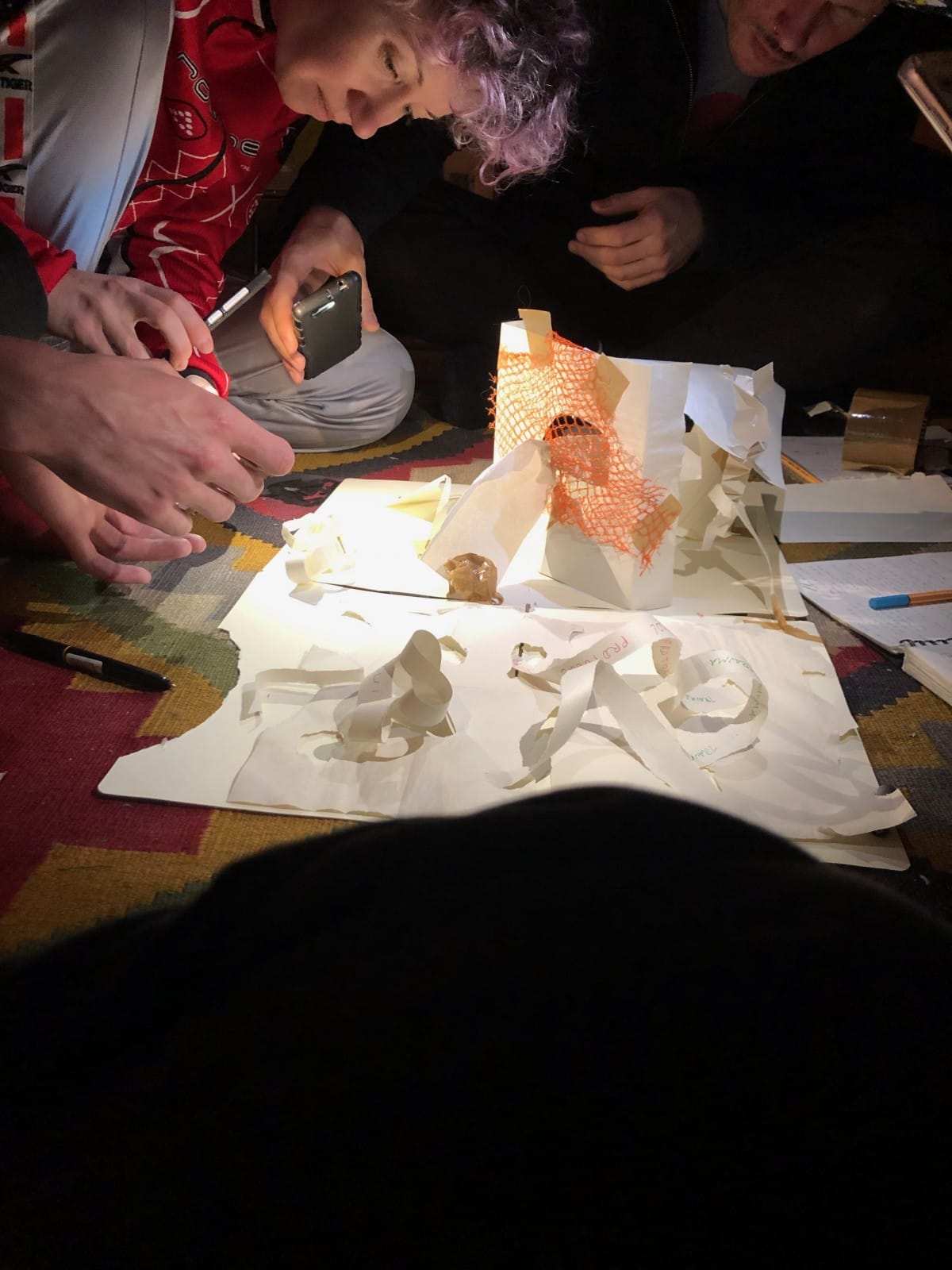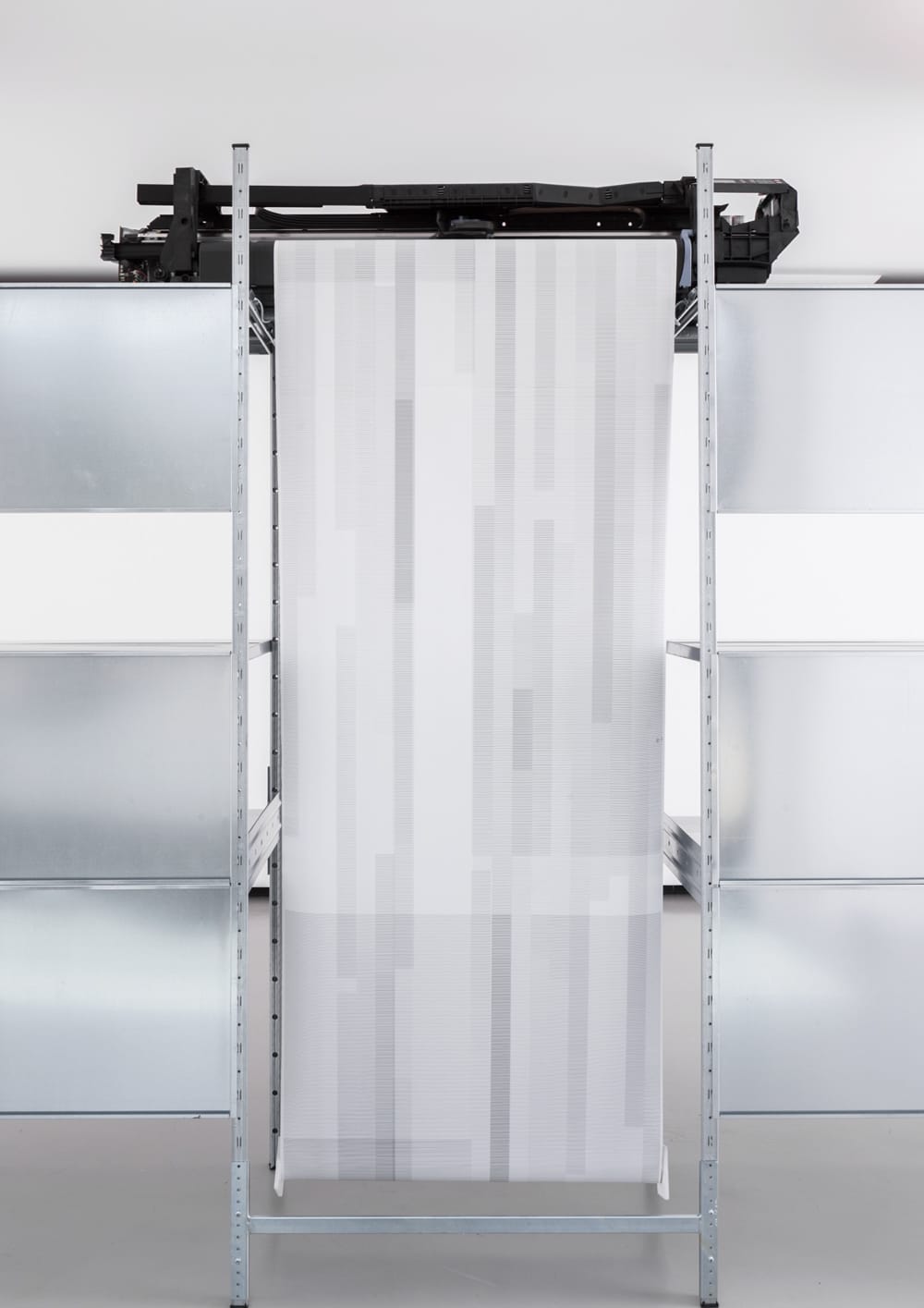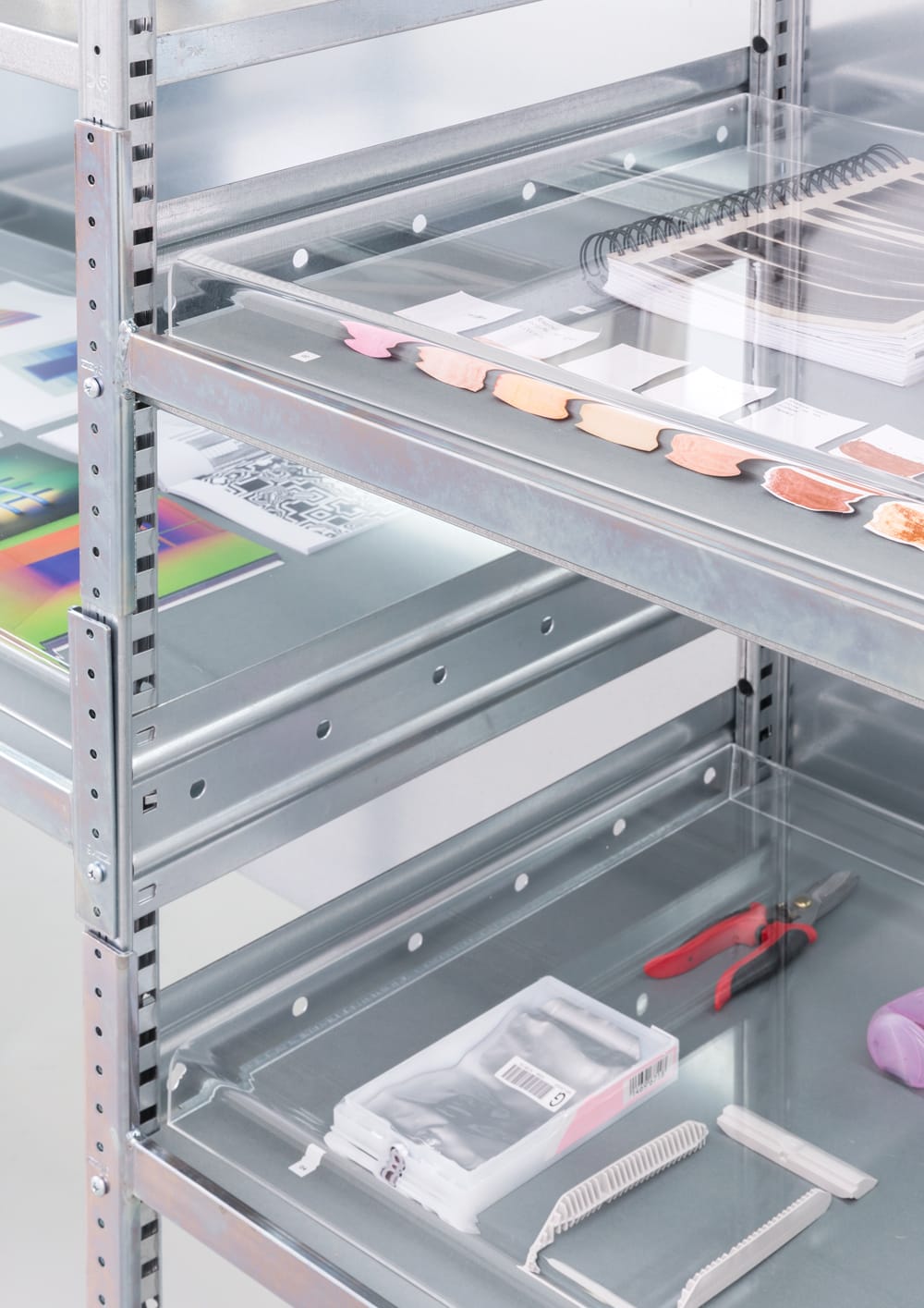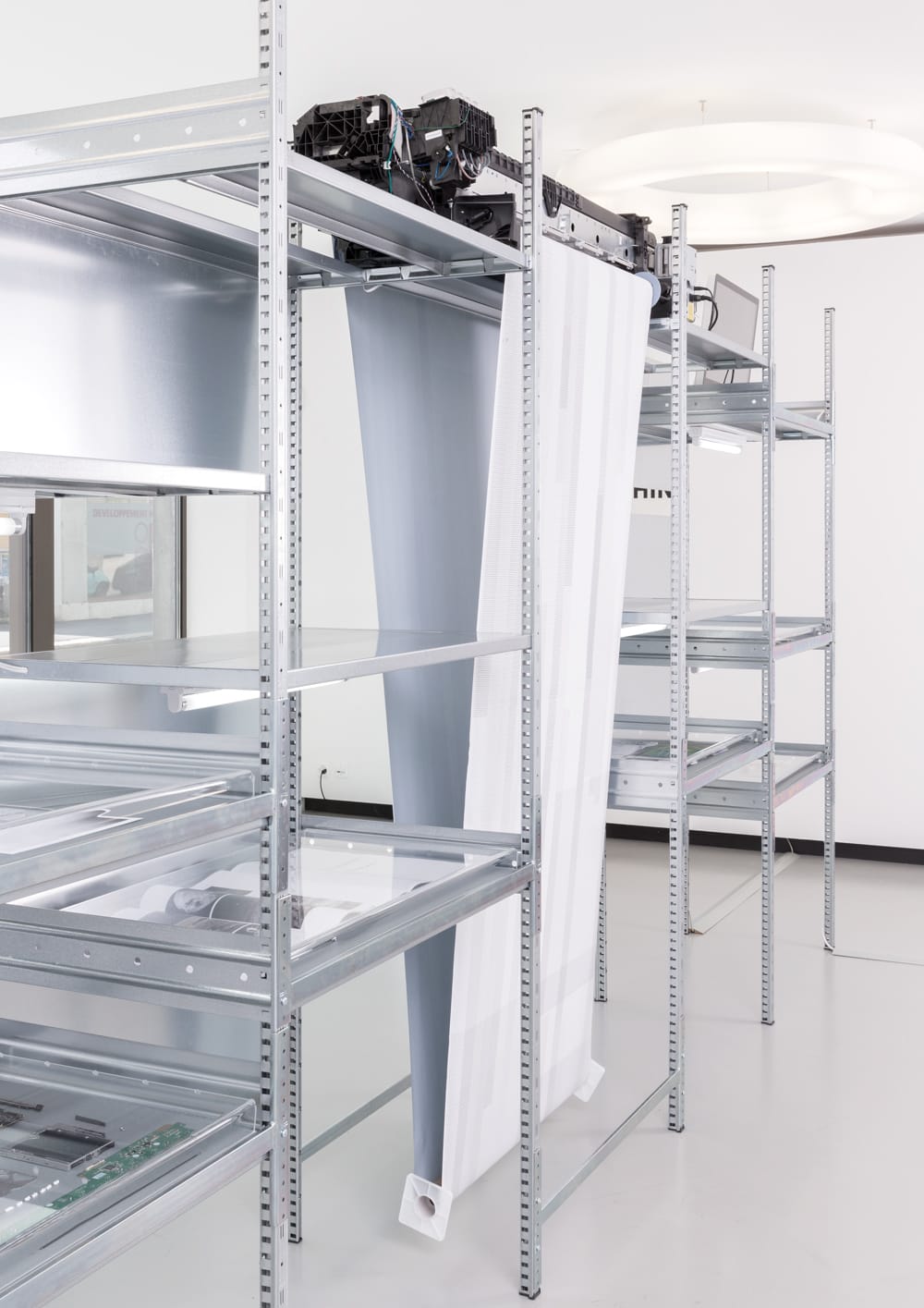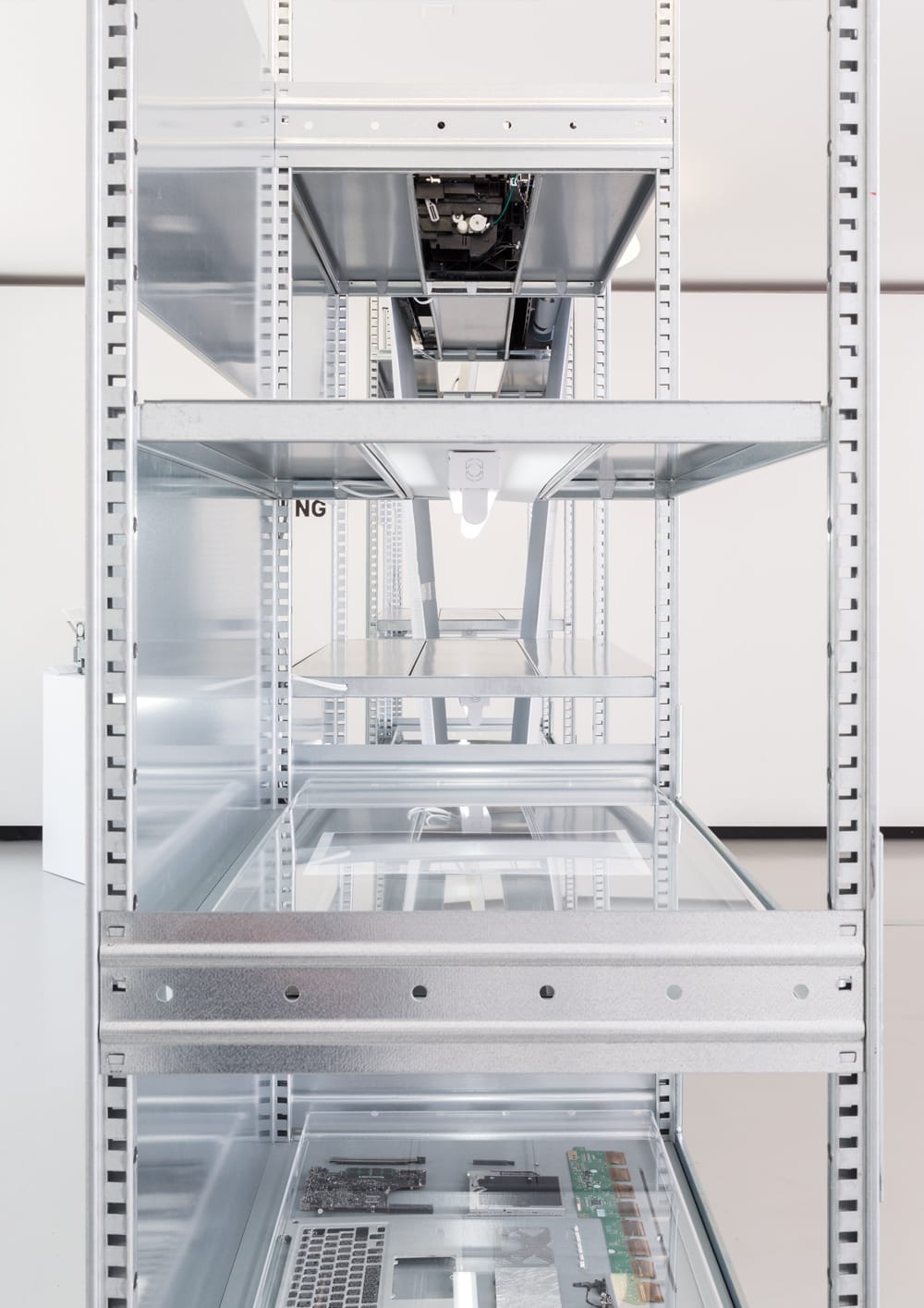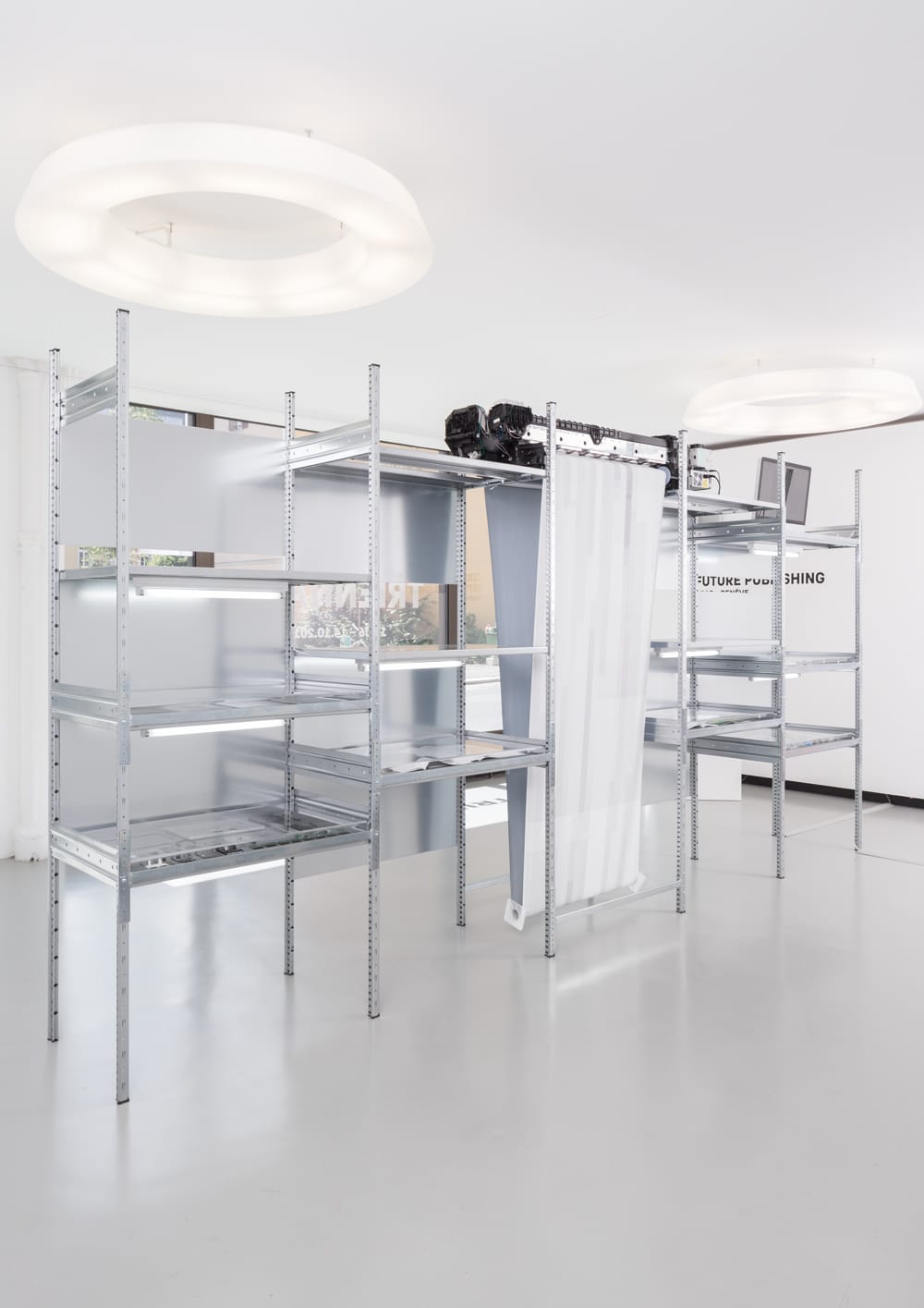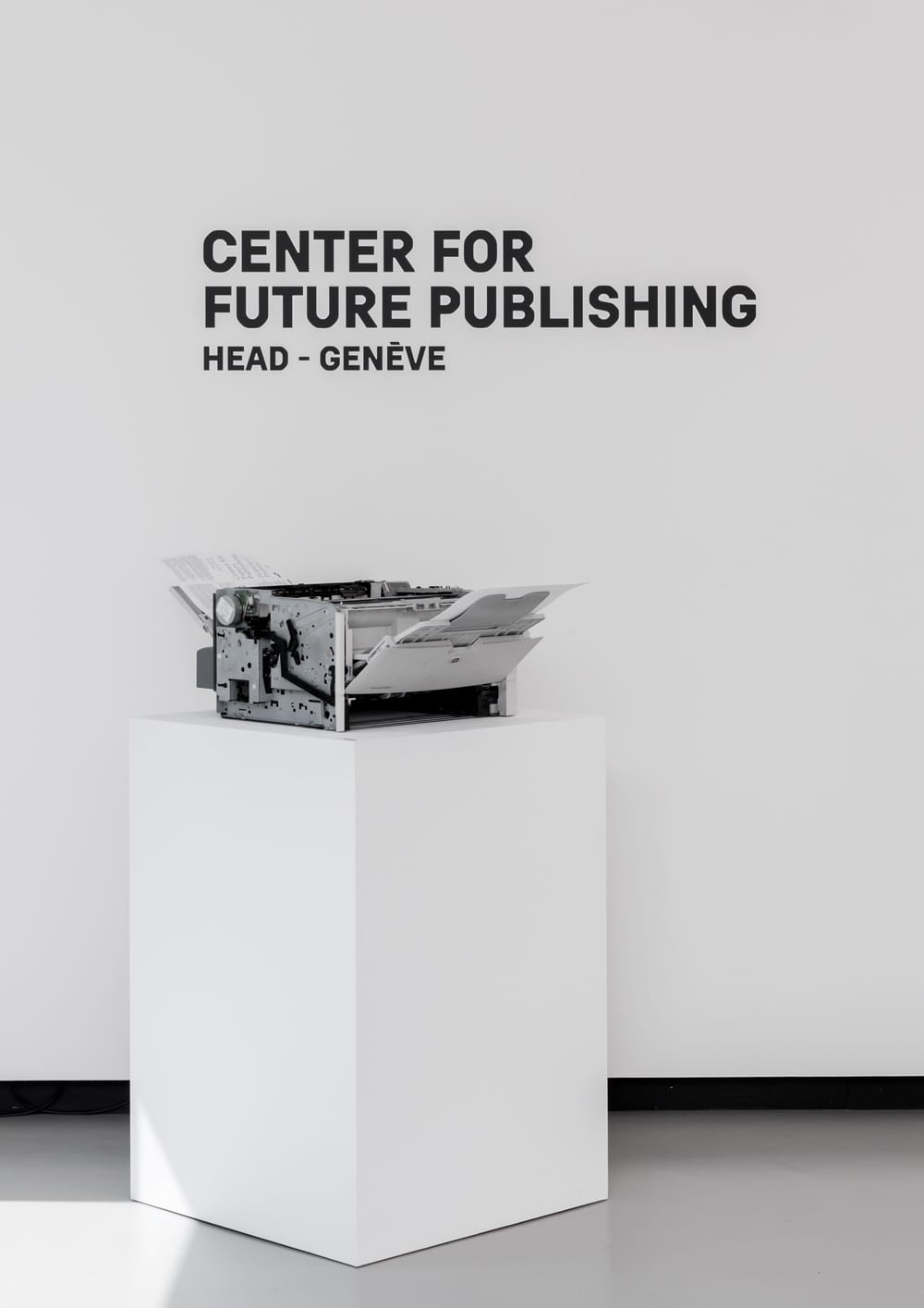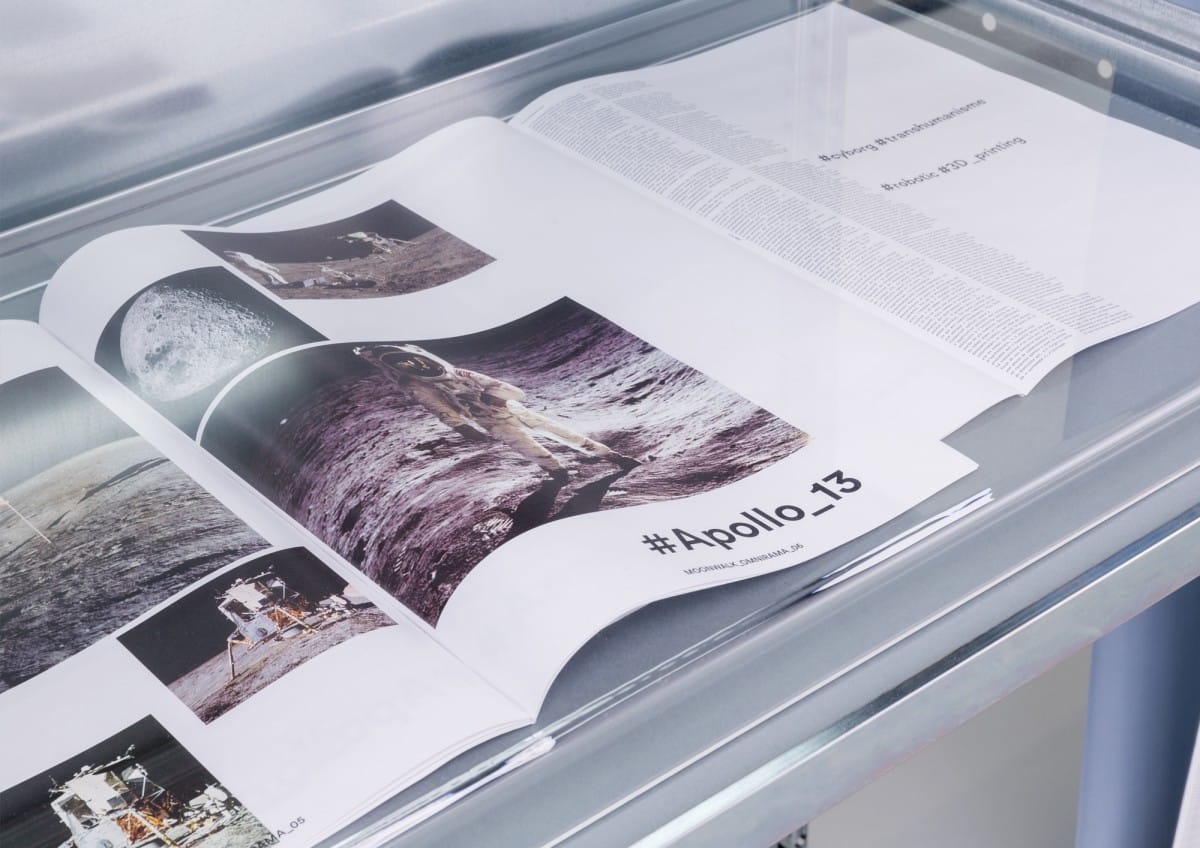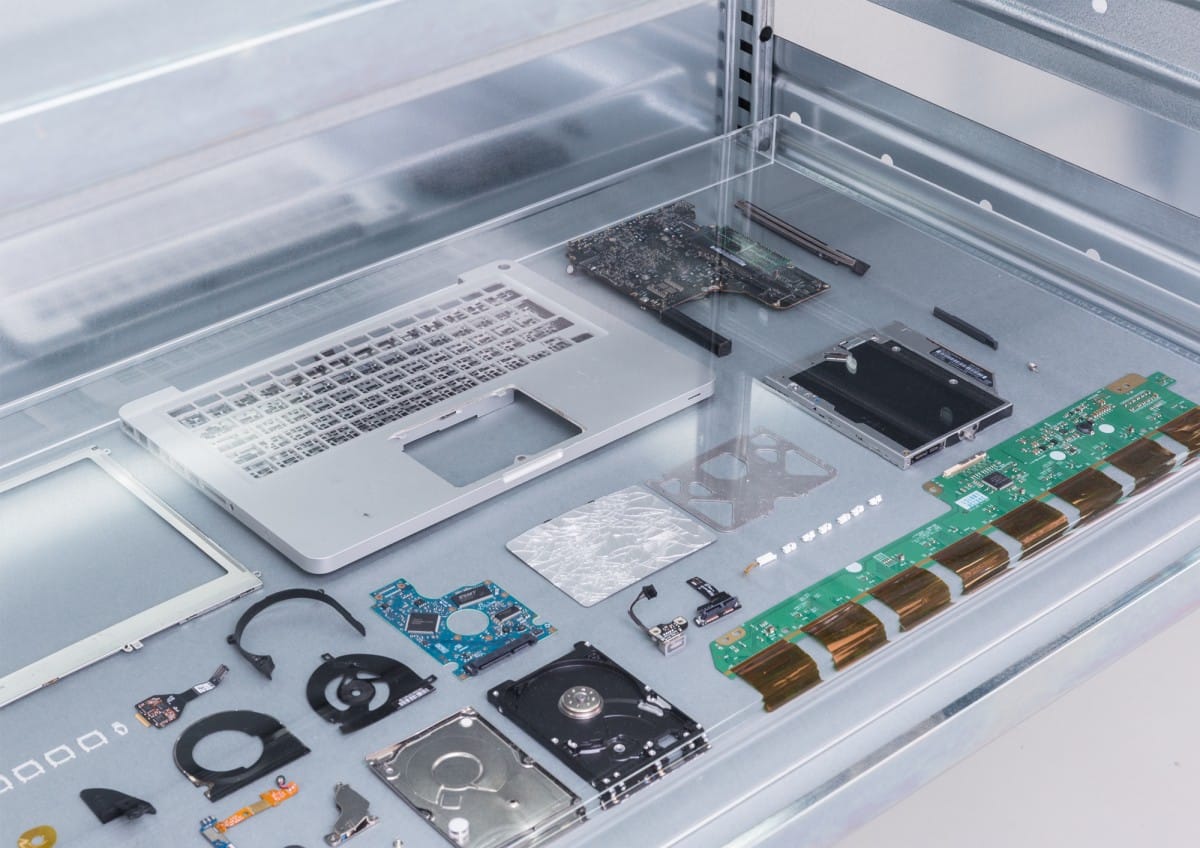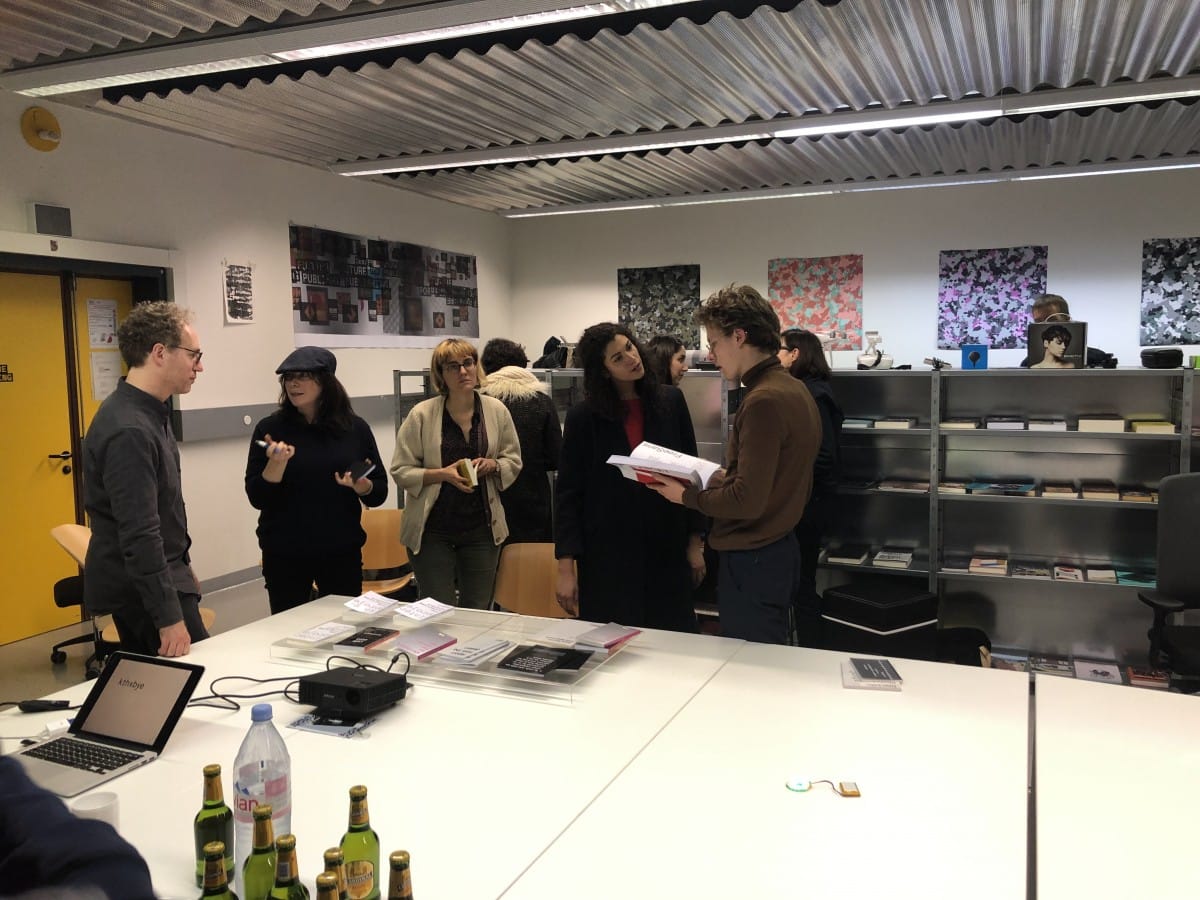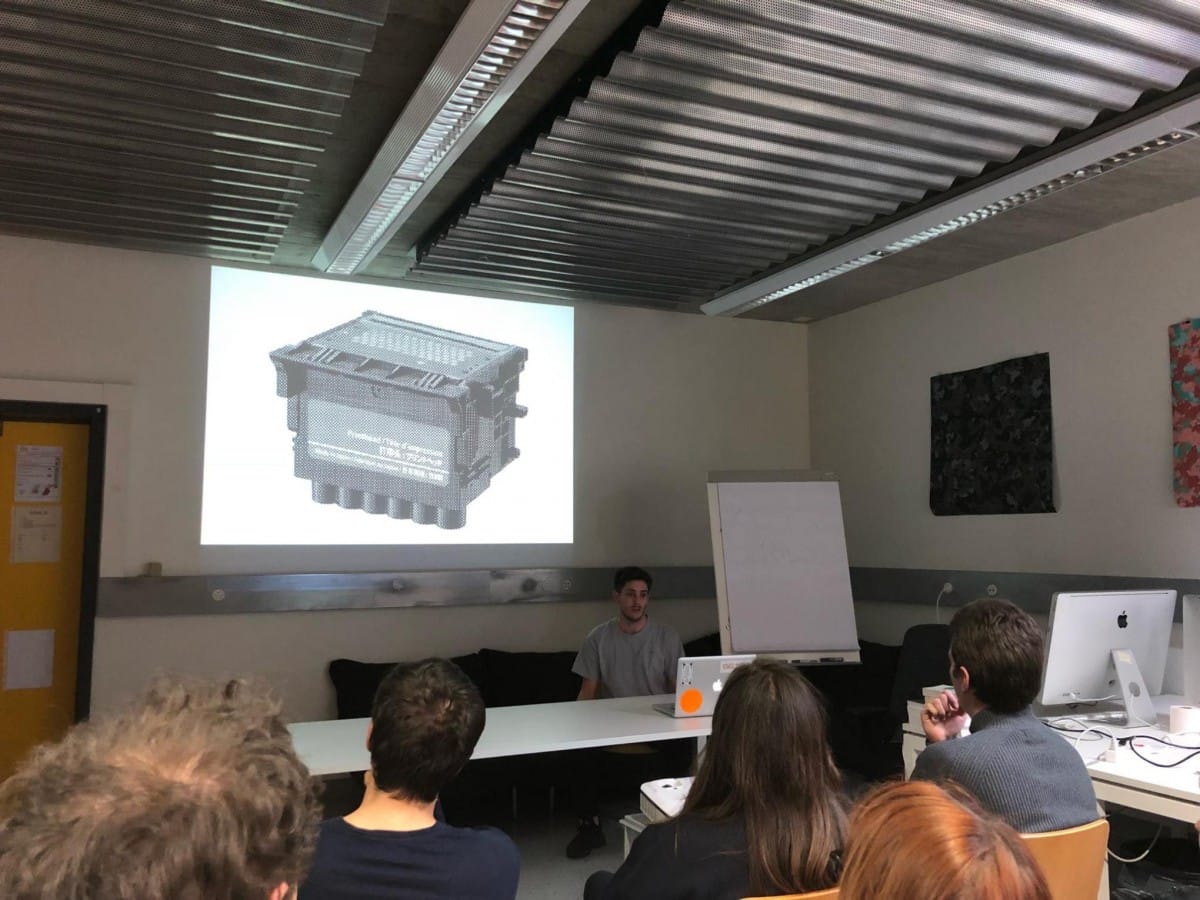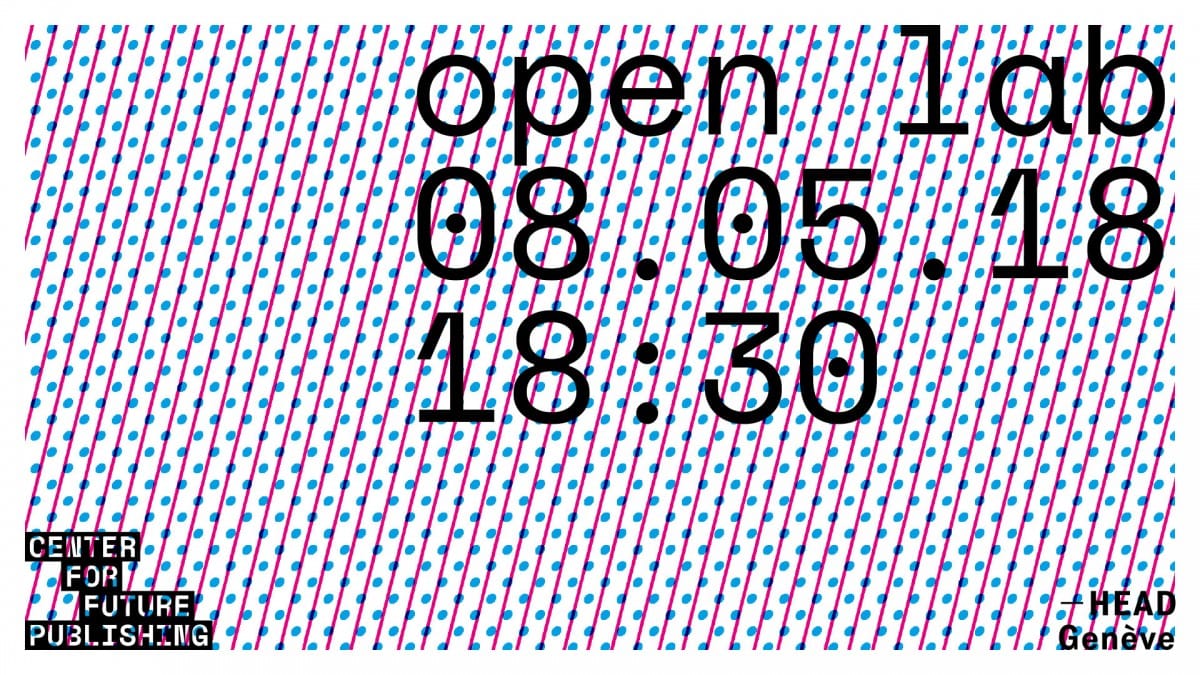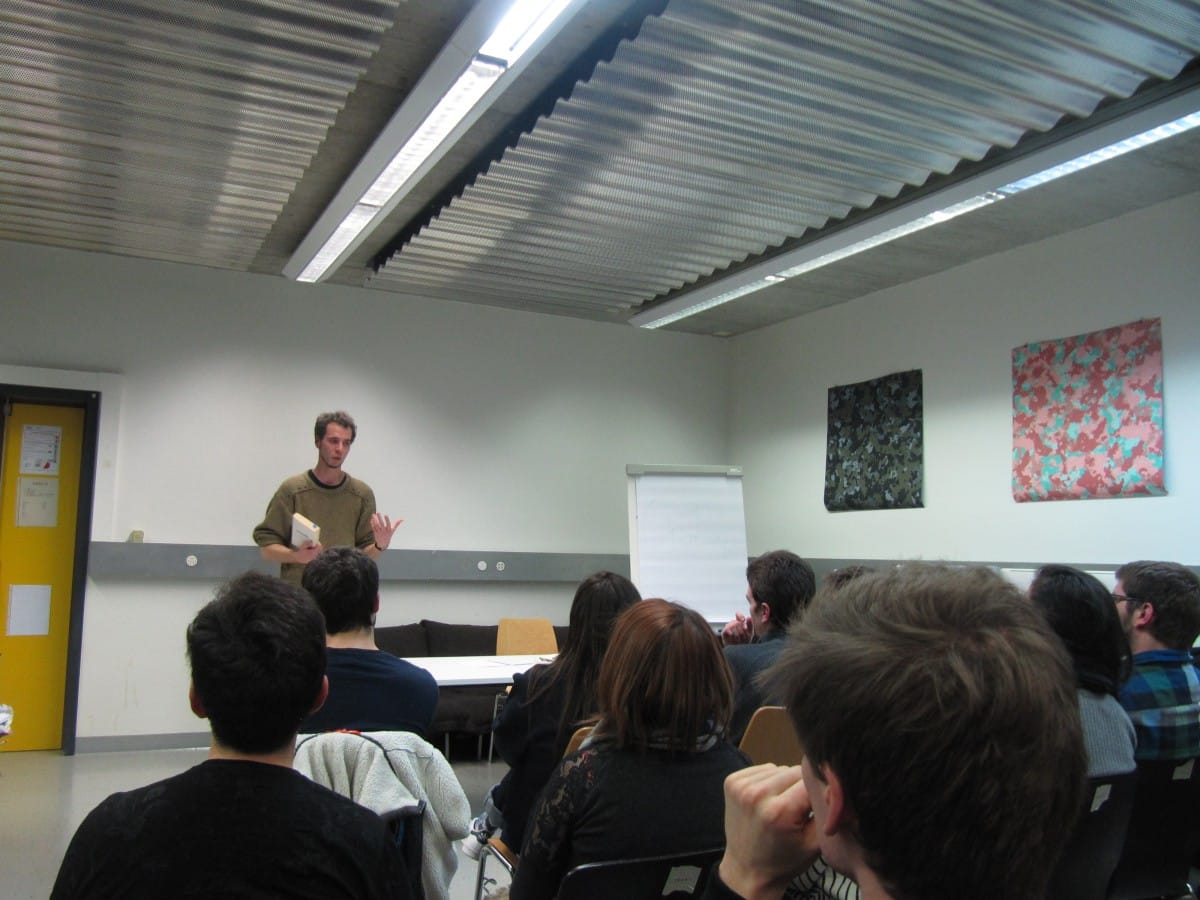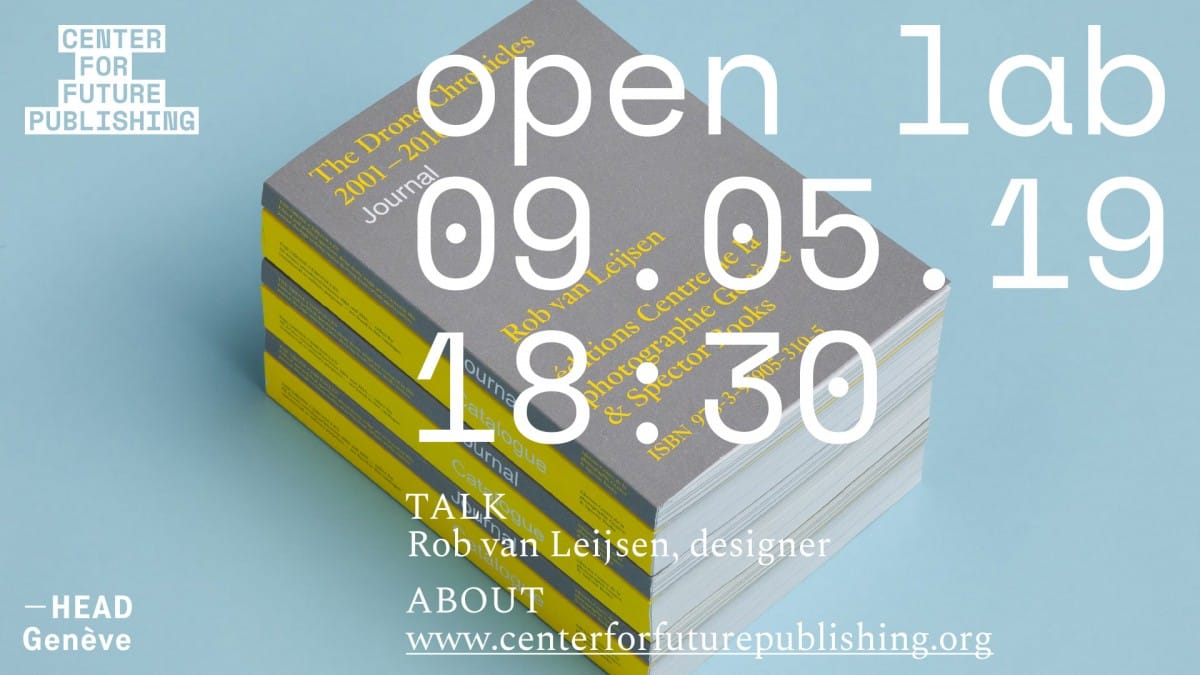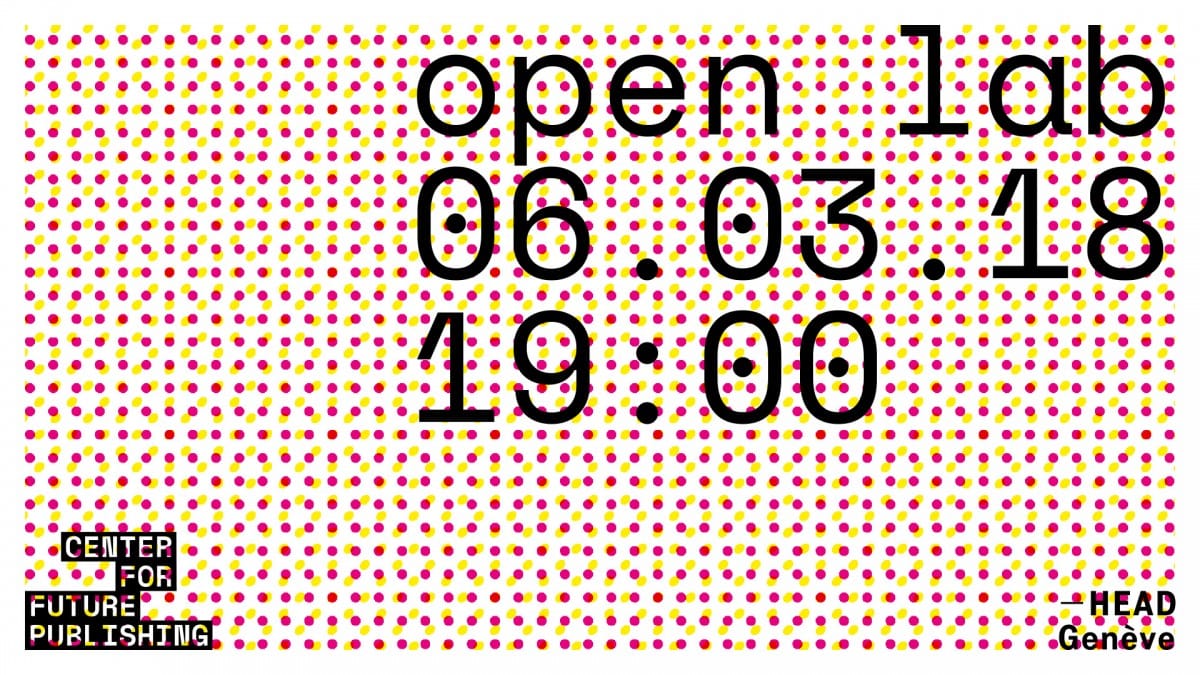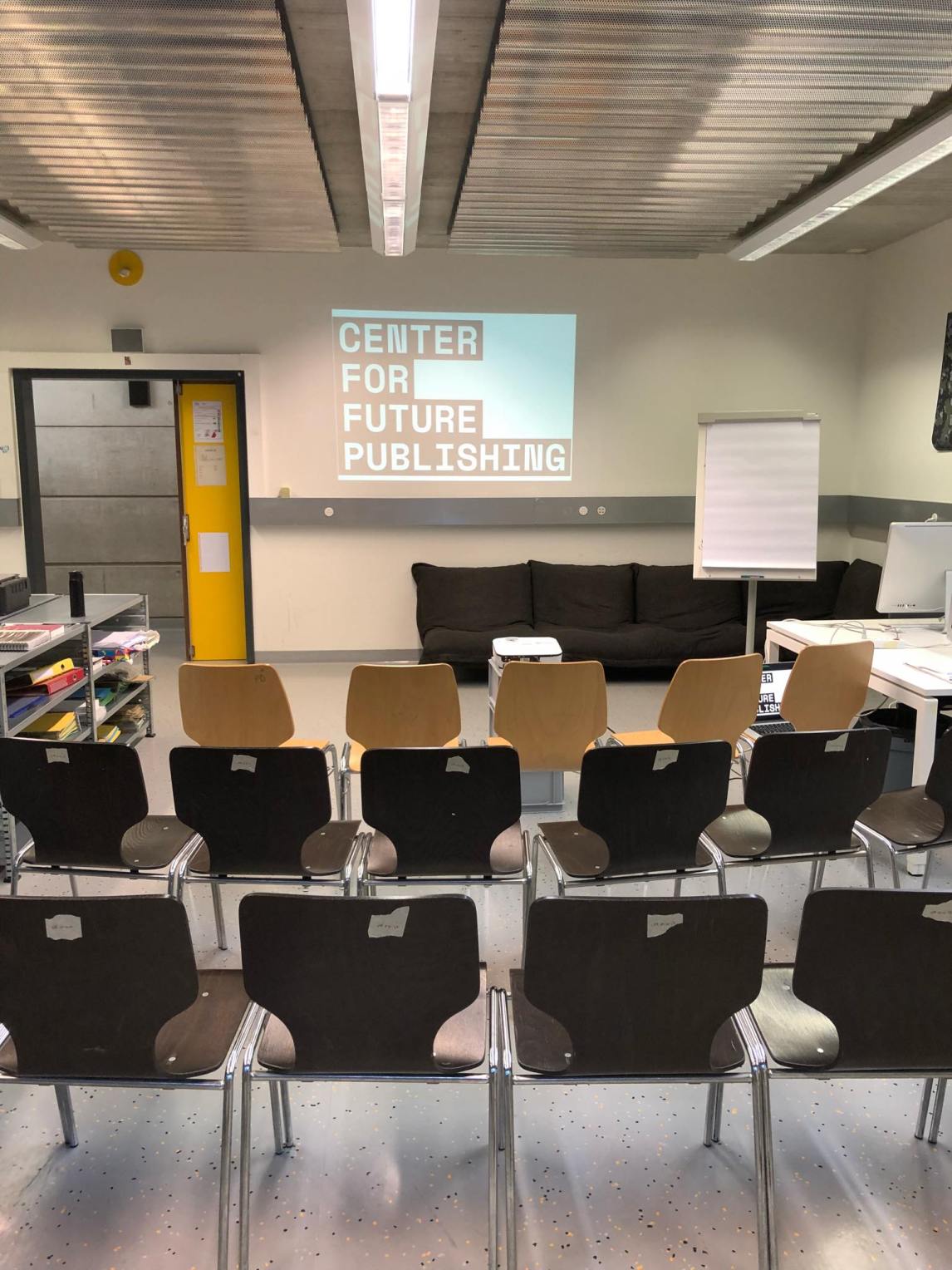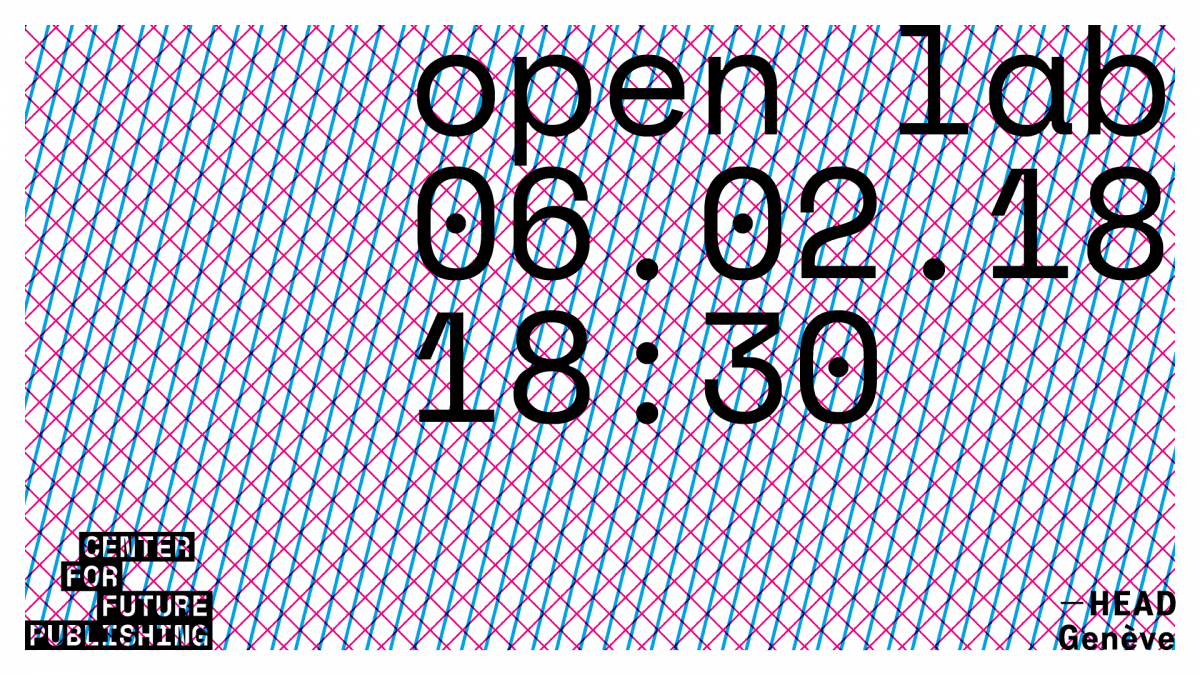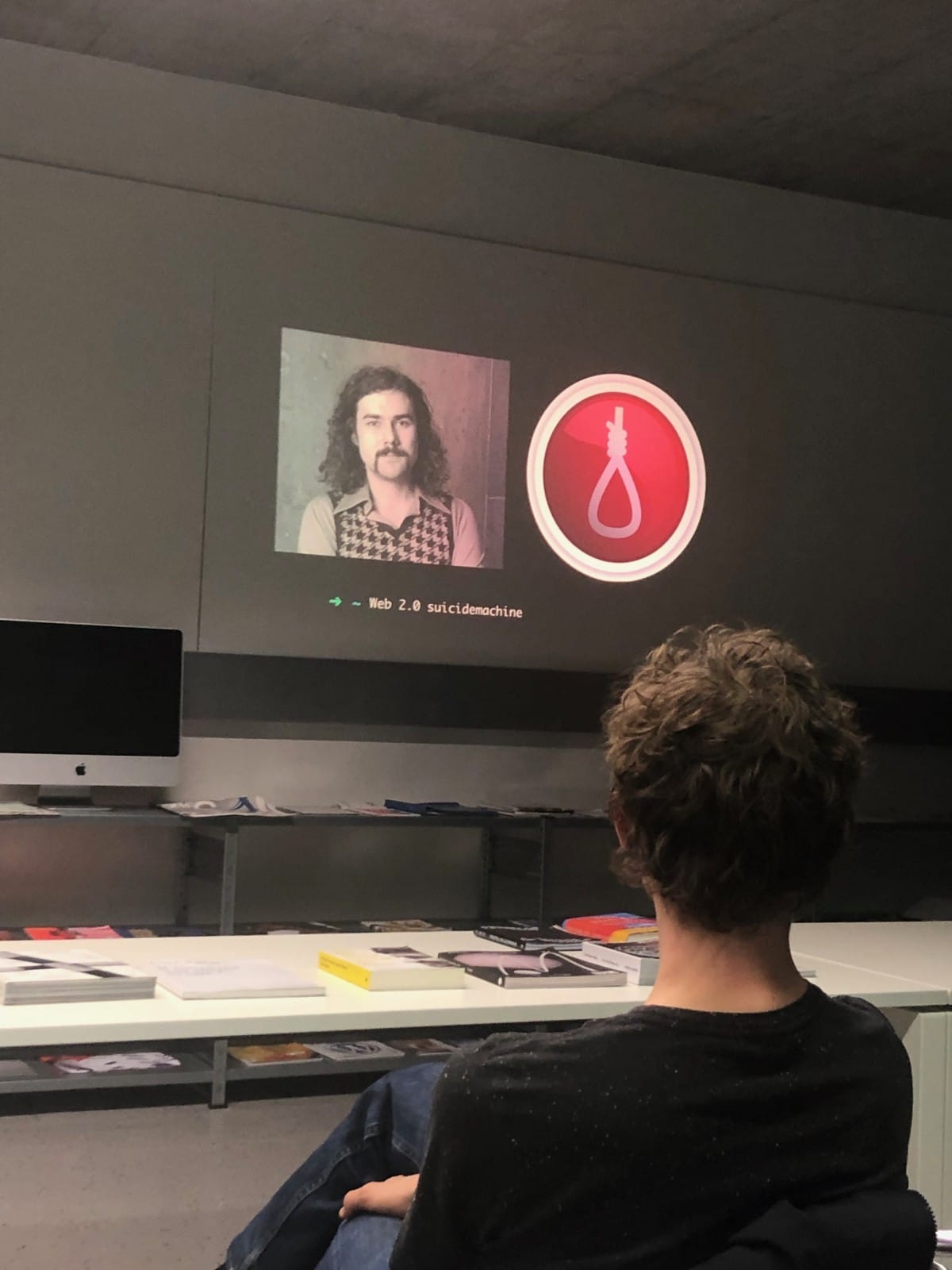Sonic Books stimulates critical reflections on knowledge and technologies, inviting listeners to learn from the gathered sonic conversations, offering contemporary perspectives and attempting to pacify the 'Heart of the Archive'¹ through erratic conversational practice. It discovers ground that encompasses oral, sonic, and scriptural practices. Conversations around languages, dialects, and orality, functioning as technologies and cultural repositories, are integral to Sonic Books. They build on preserved, revisited, or engaged reparative practices that address historical memory, present developments, through the efforts of scholars, publishers, authors, poets, activists, and various contributors from the African continent and its diaspora.
How does publishing technology impact the transmission of local knowledge? How does publishing interact with oral traditions? Would you like to read us a page from one of the books you have published, which relates to your territory? What relationship do printed books have with language, dialect, official languages? How do publishers from the South incorporate sound into their practices? What does the voice and sounds of your community say, and how to translate this into a book? How do metaphors and local narratives transform when collected in a book? How does this transformation occur?
This ongoing research contributes to conversations about technology as medicine, exploring how sound can create conditions for healing trauma, building resilience, and fostering deeper connections between bodies, communities, and the more-than-human world through practices of sonic care.
Participants: Pascale Obolo, Art Radio Live, Afifa Aza, Chimurenga (Cape Town), Ntone Edjabe, Deffright Label, Lojahman, Duta Editions, Samuel Nja Kwa, Ecrivaine, Poète, conversation au Centre Culturel Blaise Senghor, Anna Grasset Ly de Ngaye, Kër Thiossane, Marion Louisgrand, Kenu Lab, Ibaaku, Laboratoire Agit'Art, Ican Ramageli, Lendroit éditions, Mathieu Renard with artist Benoit Laffiché and producer Gaëlle, Lycée Galandou Diouf, Macina Camara and students, Miss Read Art Book Fair, Michalis Pichler, Office du Tourisme Joal Fadiouth, Jean-Baptiste Dioh, Other Forms, Alan Smart, Raw Material Company - Center for Art, Knowledge and Society, Koyo Kouoh, Shed Publishing, Lydia Amarouche and Nesma Merhoum, Talking Objects Lab, Isabel Raabe and Jeanne Mizero Nzakizabandi, TSA Ideas Lab / bo-art projects, Bukola Oyebode-Westerhuis, Université de Dschang (Cameroun), Lucie Mbogni Nankeng, University of Cape Town, George Masashe, Zeitz MOCAA - Museum of Contemporary Art, Storm Janse van Rensburg, Journal Mosaiques, Parfait Tapabsi.
category
discussions, recordings, oral tradition
date
context
african art book fair, afrikadaa
localisation
dakar
collaborator
giulia rossini
Decentralized technologies is a term used to describe digital and spatial technologies which challenge the traditional centralized server model of prevailing software-hardware infrastructures. Examples of this range from Blockchain, which has been implemented successfully as alternative economic models for the current global monetary exchange, community peer to peer WiFi networks for participatory urbanism and more recently websites that could be hosted by their creators and be forked by others seamlessly. Peer to Peer (P2P) is a process or dynamic that can be found in many communities and movements self-organizing around the co-creation of culture and knowledge. Examples of this are the free/open source software movements and the Open Design and Open Source Architecture movement.
The history of informatics has been shaped by a constant flux between decentralized phases and centralizing phases such as the one experienced today with GAFAM and BATX, accumulating value over the exchanges of users and data on the web. Endeavours of centralization are also seen in the plans of some actors to propose urbanistic master plans through network infrastructures with the promise of efficiency. Decentralized technologies have been designed with a set of principles and values that contrast with the current political, labor and social ones of today’s world and are potentially the tools for a new phase of informatics.
This project proposal elaborates on an action based design research, operating a practical and theoretical inquiry on the roles of decentralized technologies and Peer to Peer networks within creative practices. The research aims to expand these artistic and design fields/practices from a technical perspective/standpoint producing both new knowledge and forms of social scenarios.
How could P2P protocols, decentralized technologies and open source principles be used in the context of spatial design practices? How could this impact the current methodologies put in place?
How could designers understand then appropriate these technologies for rethinking their workflows or adding them in their toolkit to solve design problems? How can designers’ methods help communicate the challenges of these technologies to the public, outside of academia?
P2P Technologies by definition pose contraindications to current political and social dynamics; how are designers being affected by them? What speculative scenarios of collective design work could emerge from decentralized principles?
category
phd thesis, practice based, decentralisation in design
date
2020-09-01
context
head
localisation
geneva
collaborator
tutors: anthony masure (head) & jeffrey huang (epfl)
Pluriversalizing Technologies investigates how computational systems can support multiple ways of being and knowing, moving beyond universal technological solutions toward context-specific, culturally-situated approaches to technology. This research-creation practice examines alternatives to Western-centric technological paradigms through collaborative thinking-with communities across different contexts.
Departing from Arturo Escobar's call to action for pluriversalizing technologies, this work explores how designers can reorient their practices for sustainable and just networked life. The research investigates relationships between design and technology by examining narratives of individuals who integrate alternative worldviews and technology definitions into their practices, challenging the historical exclusivity of design from the global north that often imagines itself as universal.
The project explores how technologies can be designed to support diverse epistemologies and ontologies through making-together processes that center indigenous computing practices, non-Western mathematical systems, and alternative human-computer interaction paradigms. Emphasizing process over product, relationships over solutions, and multiplicity over universality, this ongoing research opens pathways for technological practices that resist the colonial matrix of domination while fostering conditions for collective liberation through computational means.
Currently pursued as Futuress fellow at Dezentrum, financed by Pro Helvetia and Swiss Design Network publishing grant.
category
decolonial computing, alternative tech
date
context
theoretical research
localisation
transnational
collaborator
futuress, universidad intercultural indígena del cauca
lumbung radio is an inter-local online community radio originating from documenta fifteen, creating an open broadcast platform comprising a decentralized network of different radios and audio practices. Operating 24 hours daily across multiple time zones, the platform streams in various languages, featuring programs from music to experimental formats to conversations.
Each participating radio contributes through their own means of production, ways of thinking, learning, and sharing. The network operates as decentralized nodes producing an audiophonic commons – a shared sound space built through connection and multiplication of existing community practices rather than centralized programming.
Commissioned by Indonesian collective ruangrupa, Station of Commons coordinated artist collaborations with radio practices during documenta's 100-day duration. The project continues through ongoing partnerships including the African Art Book Fair in Dakar, demonstrating sustainable models for community-driven media infrastructure.
This work contributes to discussions about media commons and decolonial broadcasting, showing how radio can function as both cultural platform and organizational tool for distributed creative communities.
category
radio art, community practices
date
2020-02-01
context
documenta
localisation
world
collaborator
lumbung radio network
Master's thesis supervised by Lysianne Lechot-Hirt in 2018 for completing the Master's in Media Design at HEAD Geneva.
online version
printed version
This text provides an overview and comparative analysis of select contemporary methods used in smart urbanism in physical spaces. It aims to contribute to a critical understanding of best practices in contemporary urbanism and public space.
By drawing on interviews with practitioners, including artists, designers, architects, and software developers, and by conducting a comparative analysis of three cases, this research provides new and sometimes opposing perspectives on the issue of smart urbanism. The diverse methods that are examined are broad, and I will attempt to establish a typology.
Issues of decision-making for public space can be divided into bottom-up and top-down planning. Bottom-up planning prioritizes the hyper-local, and top-down planning prioritizes a master plan that is commonly developed from an institutional point of view.
The interviewees and the case studies are situated between these two planning methodologies. Hopefully, this way of proceeding will show how these two types of urbanism are not mutually exclusive. By working together, they may be able to create a better dialogue for the process of place-making in public space and reduce the number of points to be discussed in this process.
The rise of many DIY and guerrilla urbanism practices can be attributed to the lack of involvement of inhabitants and users of public spaces in their co-creation. Additionally, the lack of legal structures that facilitate temporary interventions or activities in public spaces has contributed to the rise of DIY and guerrilla urbanism.
The three case studies were chosen to better understand positive practices for participatory methods for conceptualizing, designing, and implementing the cases' proposals. Two examples come from Western European cities and one is based in Russia, but with outcomes that are global. Despite many efforts by diverse local or national authorities to establish participatory processes in urban decisions, there does not seem to exist a rule of thumb for creating an open hybrid channel—that is, one that is both digital and physical—for civic discussion about the future issues of the city. This essay intends to be the basis for a developing hypothesis on how a hybrid public space could exist.
Drawing from texts by Richard Sennett and other thinkers dealing with the concepts of the Public Sphere and the commons, I will share this research freely, its references and documentation in depth on a dedicated website: juanfortun.ch/hybridpublicspaces
This thesis aims to help users of public space understand the digital infrastructure narratives presented by many private and institutional stakeholders, as well as citizen and independent initiatives for the use and co-creation of public space.
category
master thesis, research
date
2018-12-13
context
head
localisation
geneva
Station of Commons is a collective research project exploring digital commoning practices and alternative approaches to technology. Founded in 2020, the collective investigates how digital tools and platforms can support community autonomy, shared resources, and equitable collaboration beyond extractive capitalist models.
The collective operates through collaborative research, workshops, and curatorial projects that examine the intersection of technology, community practices, and commons-based approaches to digital infrastructure. Station of Commons works with artists, researchers, and communities to develop practical strategies for technological sovereignty and collective ownership of digital resources.
Through projects like lumbung radio coordination for documenta fifteen and Digital Commoning Practices workshops and exhibition, Station of Commons demonstrates how collective research can create alternatives to platform capitalism while fostering community-centered approaches to digital practice.
A reappropriation is never total; otherwise, it would be a mere copy. The new production must modify, détourne, and work with the subject matter.
The research focuses on materials for using Raspberry Pi with various Linux distributions and open-source software.
The visual narratives of tutorials serve as ways of sharing contextualized practical and theoretical concepts.
The "gentrification" of software production and its relationship to contemporary architectural narratives.
How do we think of a temporally multi-dimensional space?
How do we define the precise subject matter within technological space, taking into account the different temporalities?
What constitutes a critical practice of digital space in terms of labor, relations to institutions, and radical political positions?
category
commoning practices, open source tools, situated tutorials
date
2020-02-01
context
personal
localisation
geneva
collaborator
Dear ༻,
You have just experienced Burnout. You were chosen to go to the recreation room of High-Tech Park, a special economic zone where IT-workers become embodied outsourced life hours. A place squeezed between a forest with acaridaes, science campus, museum of stones, institute for geophysics and a belt-road.
In order to deal with post-Burnout trauma you would need to practice radical hybridity, deep alienation and self-augmentation. Use this time to dishabituate of what you have learned and experienced.
During 3 days together with 6 other participants you will have a “recovery period”. We will practice the communalization of stress, overcoming the pessimistic visions of futures. To do this, we will try to build our own vision of “futurism” together, but we must take into account the materiality of what is happening with our bodies and environment, so among ourselves we call it “holed futurism”.
Self-augmentation
Remember last time you felt damaged or traumatized. Remember last time you or your fellow have been burned out. I am asking you to remember the most intensive moments from your life. Remember as many details as you can. It’s useful to make notes to be more concrete. How did you feel? How deep were you tired afterwards? Did you feel ill or cheated? Think how mental injure was entangled with your body. Your social body. Techno-body. Think about others who could have the same traumas. What is similar? What is the difference? Why should you have such traumatized experience?
Remember when your body created a “self-generating catastrophe”. What was it? Can a catastrophe happened somewhere between your brain, body and networks you are in, be part of your imagination?
Try to look behind the horizon, place yourself in the position of a node in the plethora of nowadays. What would you like to dishabituate? If you could be someone else who or what it could be?
You are invited to have more agency to design your trauma, to curate your trauma as the possible escape from the techno-medical solutionist narrative that has been built to overcome burnout and return you to the neoliberal form of creative knowledge production.
Think about burnout accident that could take place with your new character, write it down and then tell the others. To put it simpler you can answer the following questions:
Did you work for one of High-Tech Park companies or science campus, or the casino nearby, or a hotel or a library? Were you an outsourcer working from another country? What were your responsibilities? Or an insect living in the Museum of Stones? Were you a machine? Or a pure/messy abstraction like an assemblage of time-modelling algorithms in hyper-trading systems developed there? When was your burnout? How did it look like? How long are you attending this recreation room?
We will try to create a collective “science-fiction of the present day”, implementing our imaginaries into the skin of Guslica environment thinking about this place in a translocal approach.
Yours,
eeefff
category
research residency
date
2019-02-04
context
personal
localisation
moscow
collaborator
ekaterina butorina (saint petersburg)
nicolay novikov (saint petersburg)
patricia reed (ottawa/berlin)
nicolay spesivtsev (minsk/moscow)
anna tokareva (london)
dzina zhuk (minsk/moscow)
The only obstacle to perpetual printing is the entropy of the equipment. A stripped, dismantled HP DesignJet 500 inkjet printer shows its inner nature, fragile, made of motors, cables, and mechanical parts. The primary functions are reversed. The machine does not produce only one page at a time but on a loop, thus creating blurry print on an 8 m2 motion screen.
The paper management system, the sensors, and the cartridges have been hacked through a programme that defies the industrial process. An algorithm fuels its action that is minimal and reduced to the essential: a horizontal line. The noise becomes a line, the line becomes a sound, time transforms them into music concrète. The fragmented sign prints and overprints itself without pausing, generating a random, perpetually changing the composition.
The display device, a large metal modular system, acts as a support structure for the central “Perpetual Printing” piece as well as an archive and a place for sharing the various experiments that the Center carries out. Among the disassembled screens, screws, publications and color samples, student projects tell the story of two years of activity at CfFP.
category
research
date
2018-06-15
context
center for future publishing
localisation
geneva
collaborator
pierre-alain giesser
jérôme baratelli
gaëtan stierlin
david héritier
pierre rossel
demian conrad.
During one year I participated on the research "Places en relation" Initiated by Civic City. My work was making the digital archive of the year-long research as well as coordinating the exhibition and hub of the research at the Theatre St-Gervais (GE).
An important part of the research was the documentation made on the "Classe Virtuelle" where every Monday the members of the research make a video conference call for discussing the advancement of the research.
The research was presented at the Center Georges Pompidou(FR) and is currently exhibited at Strasbourg(FR)
Some links to follow up the research:
http://civic-city.org/places
https://www.pscp.tv/civiccity/
category
research
date
2017-09-15
context
integral ruedi baur
localisation
geneva
critical insights into the ways in which innovation may expose and be complemented with a form of violence
category
research texts
date
2018-01-24
context
head
localisation
geneva
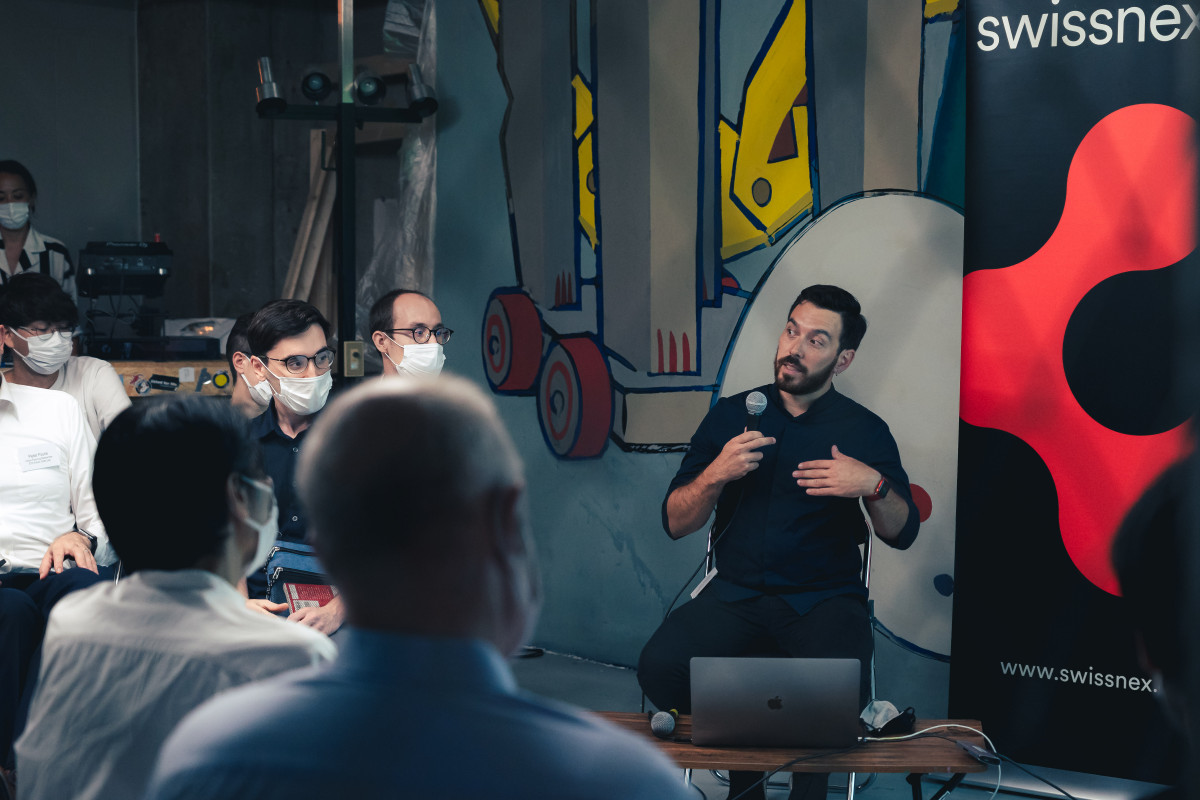
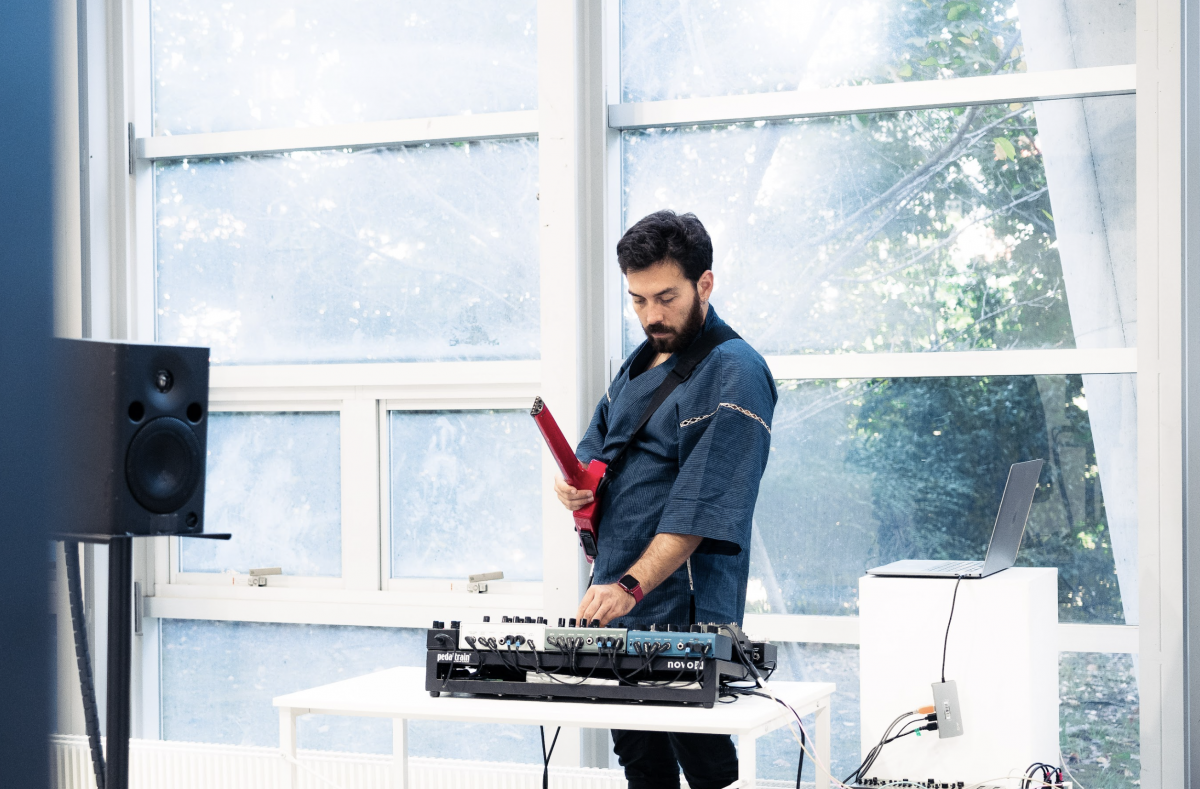
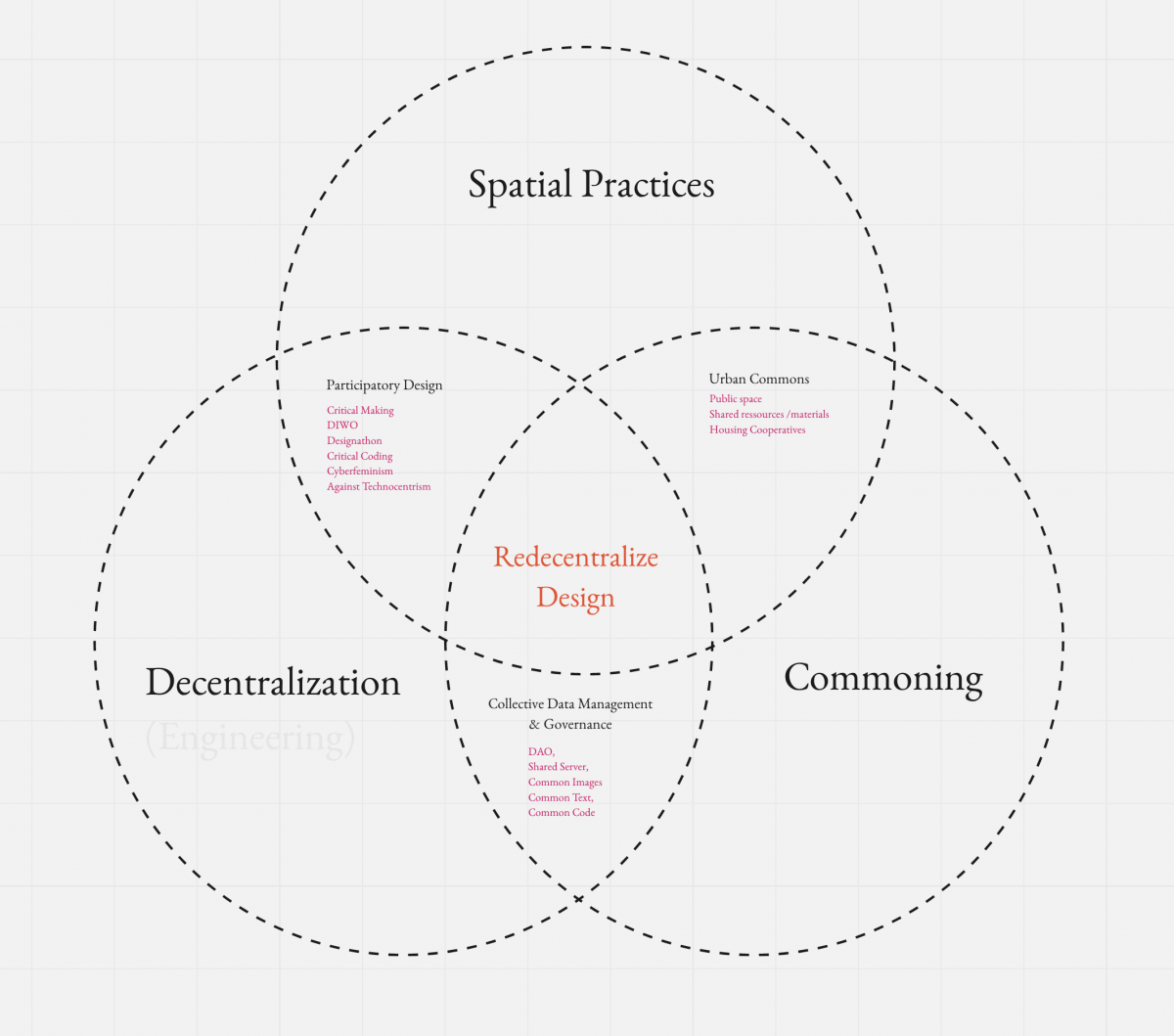
.JPG)
